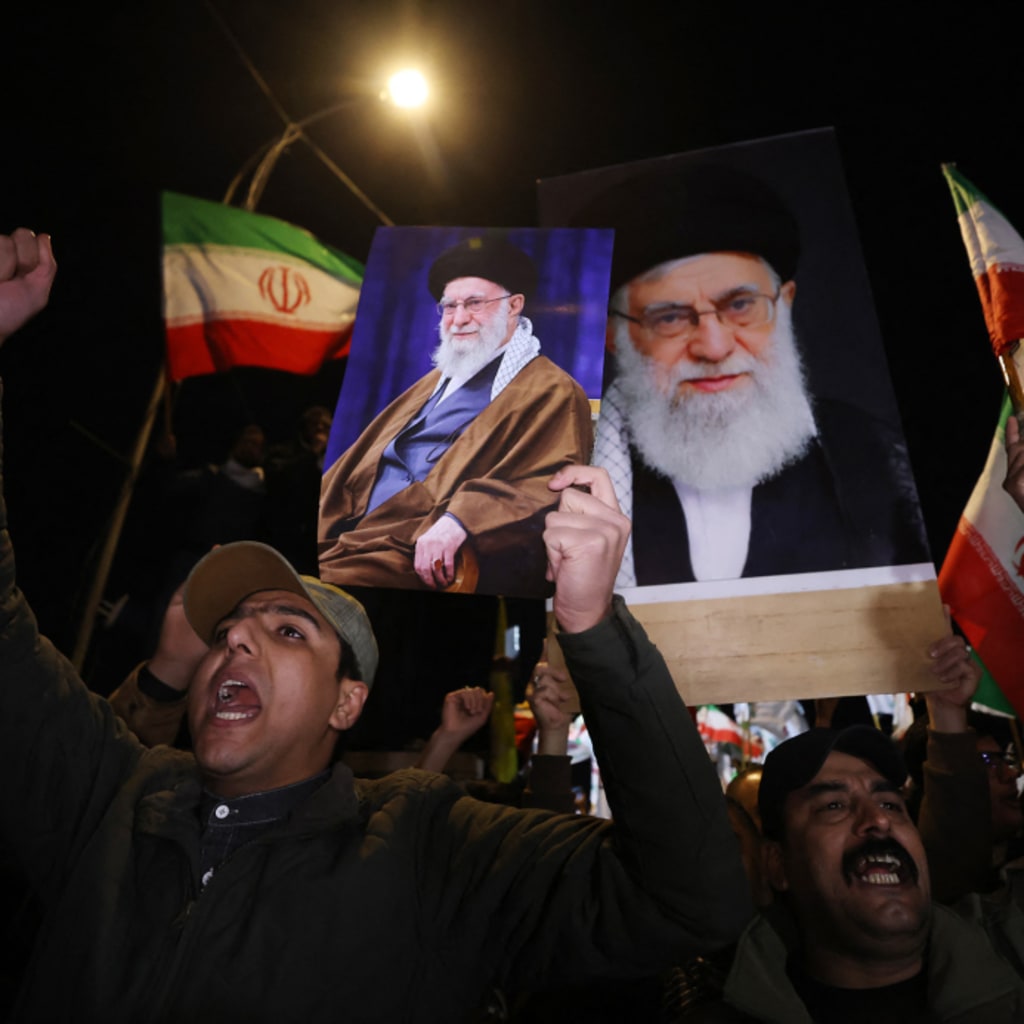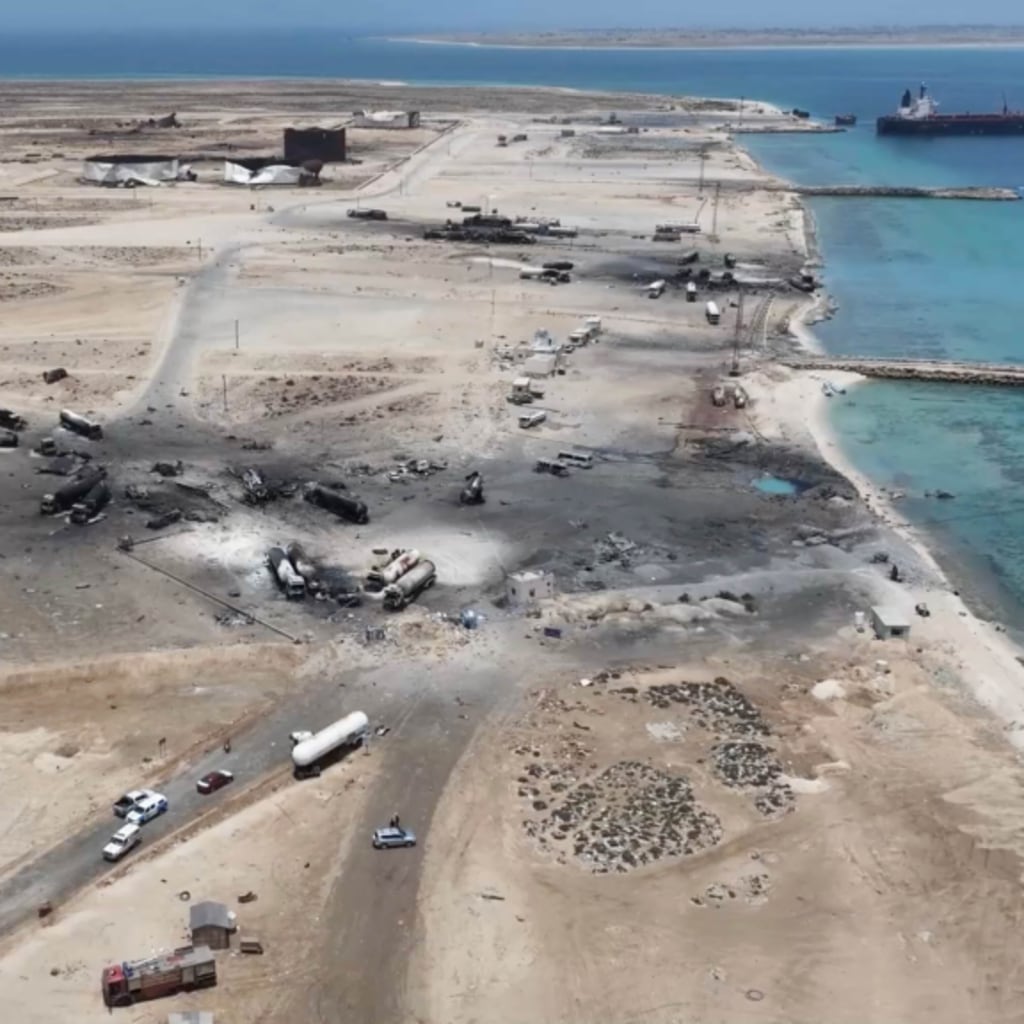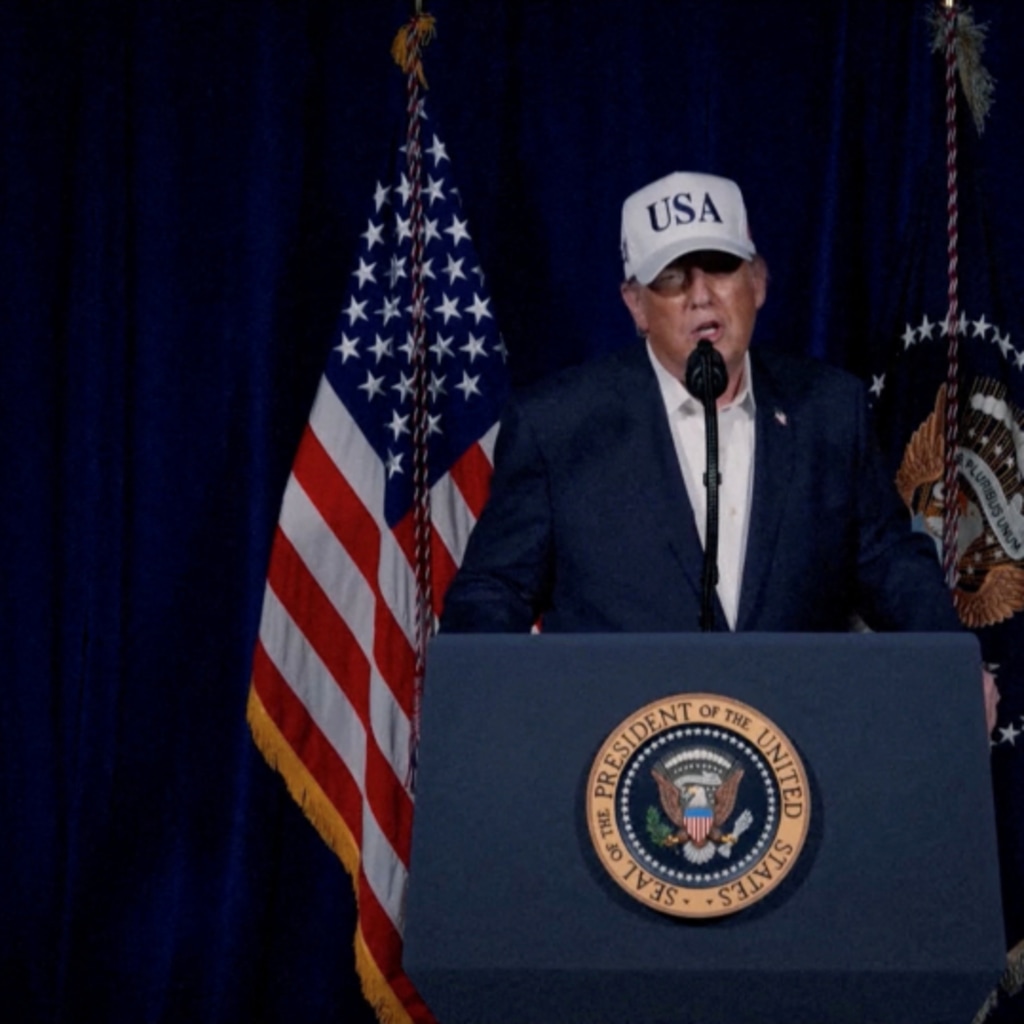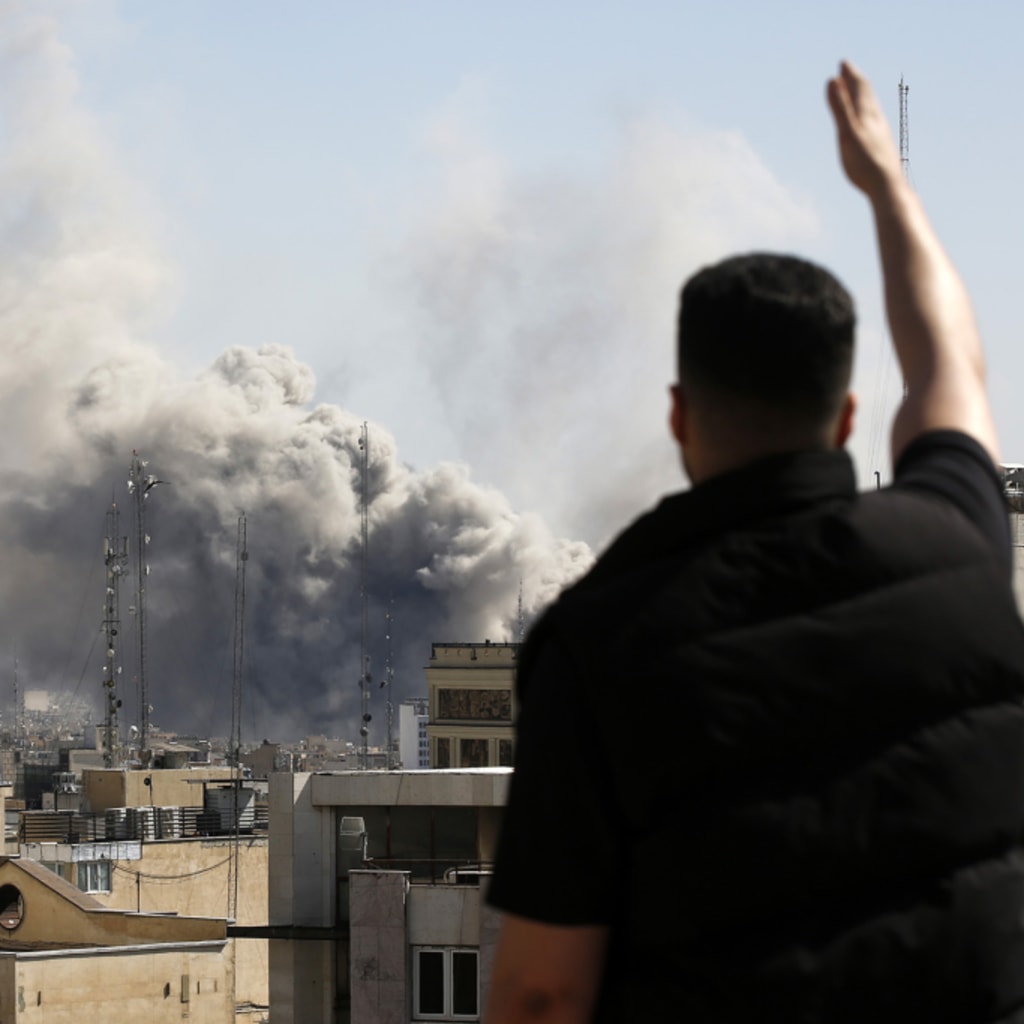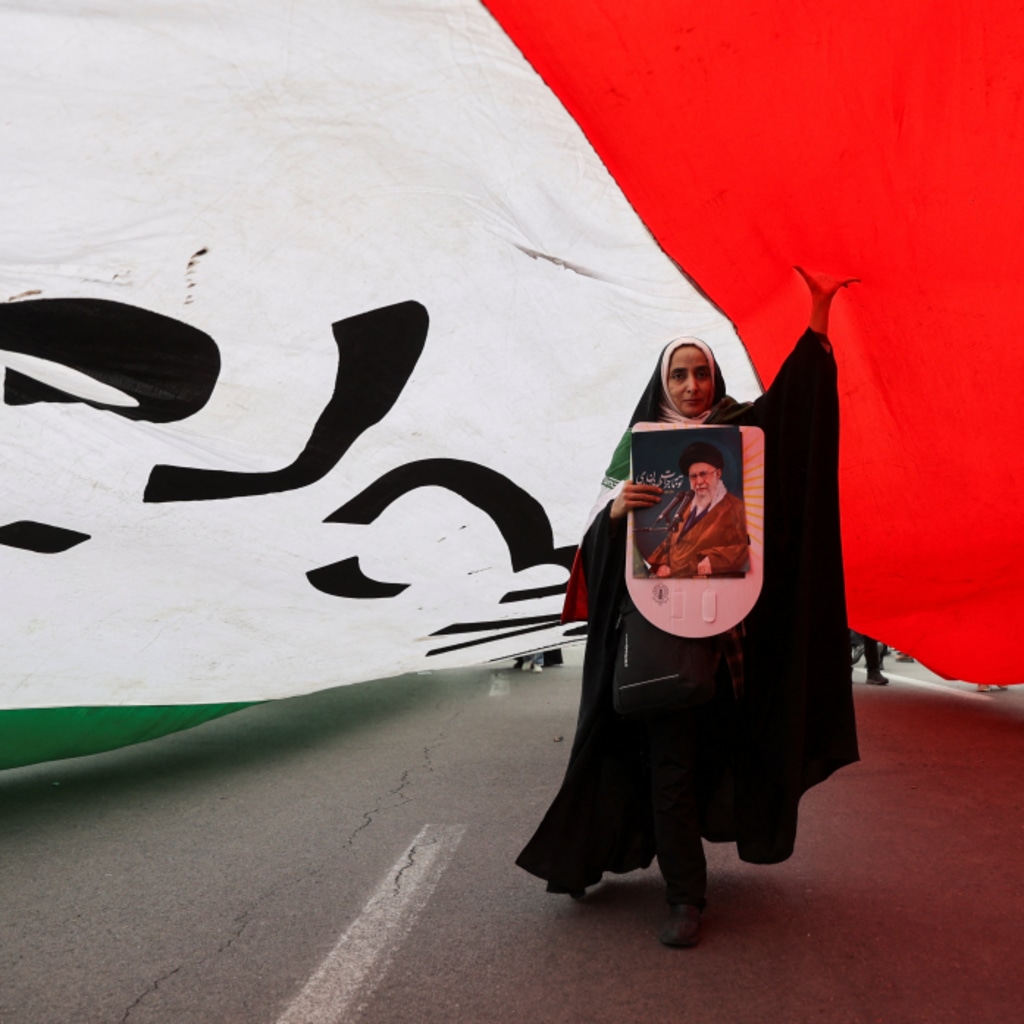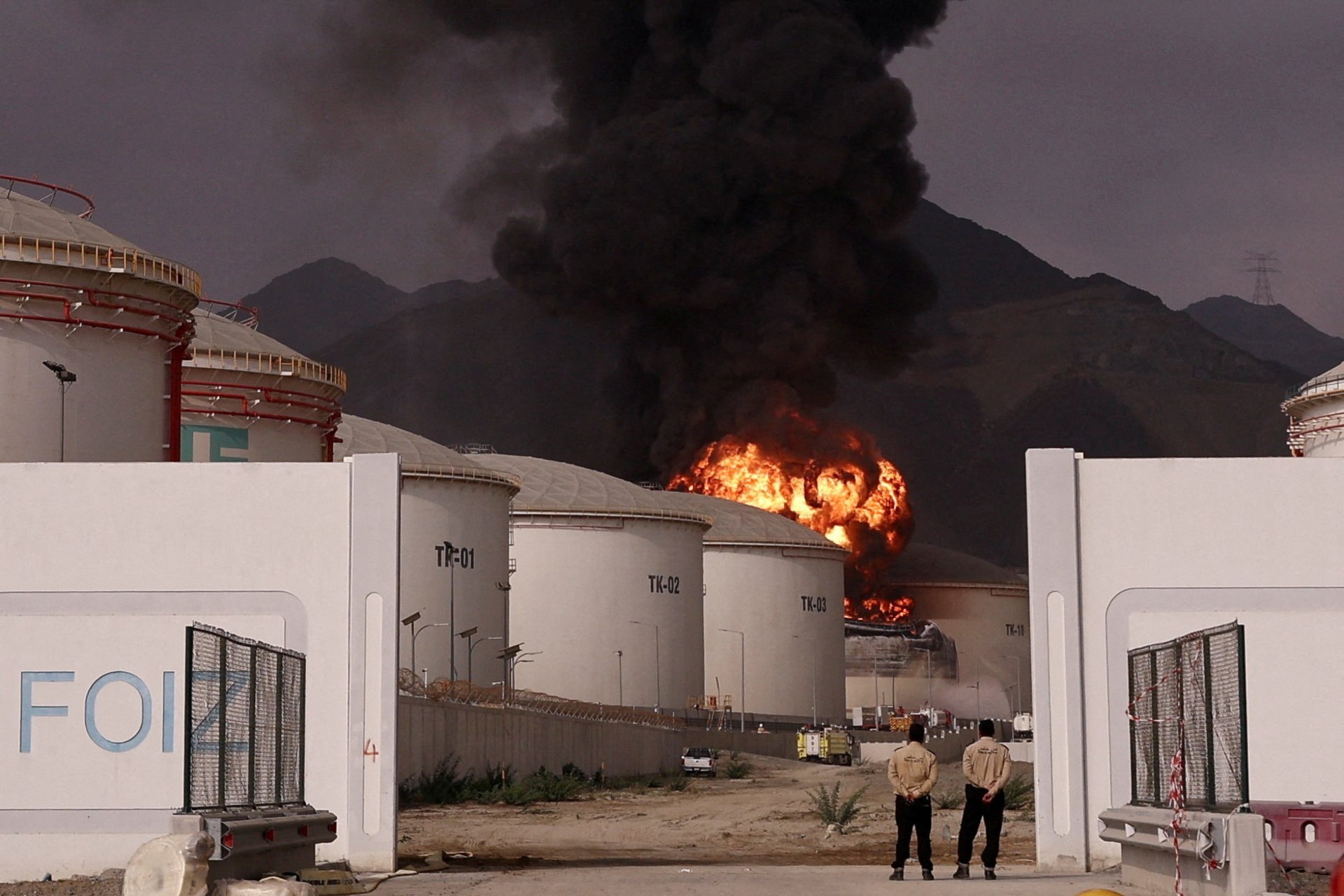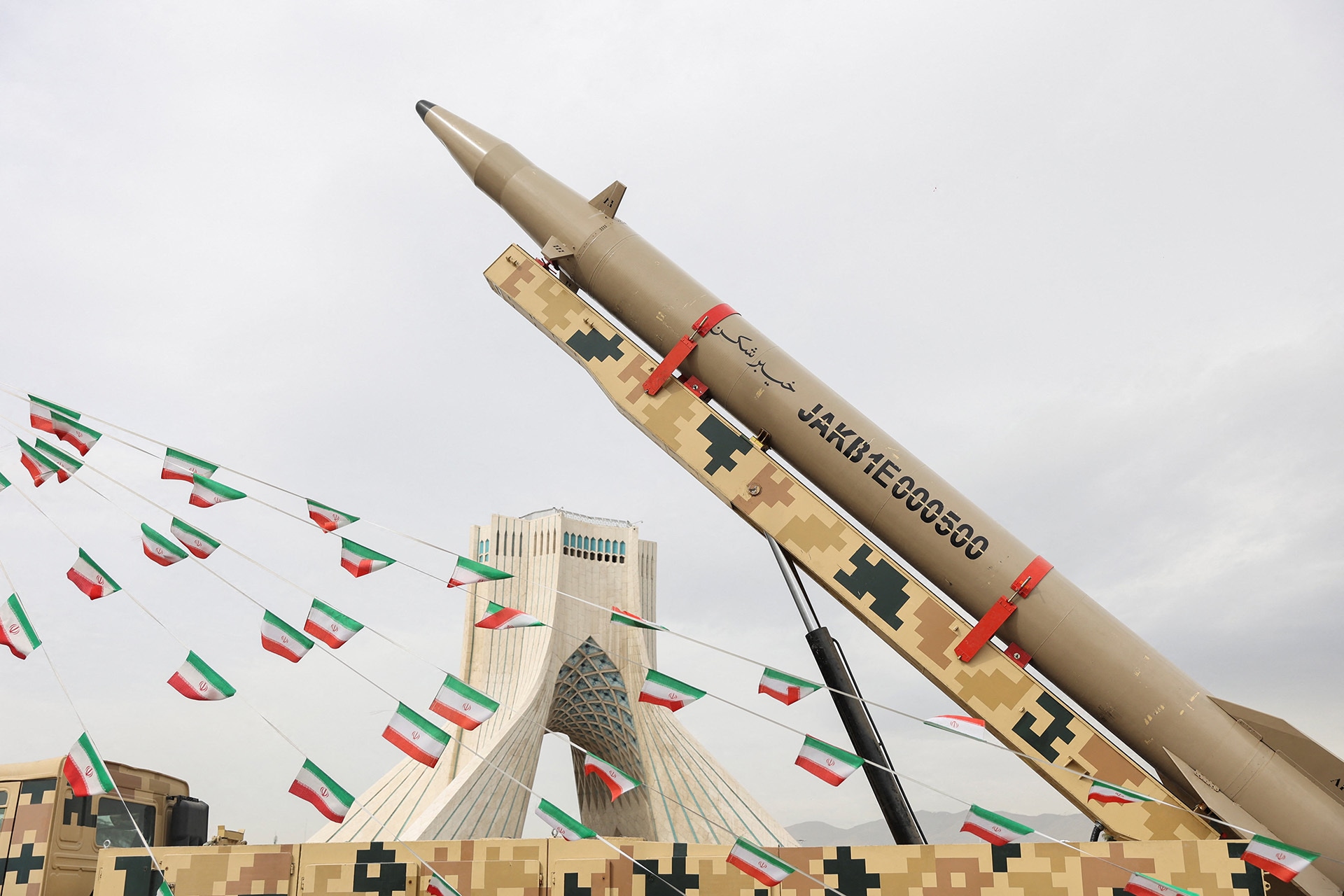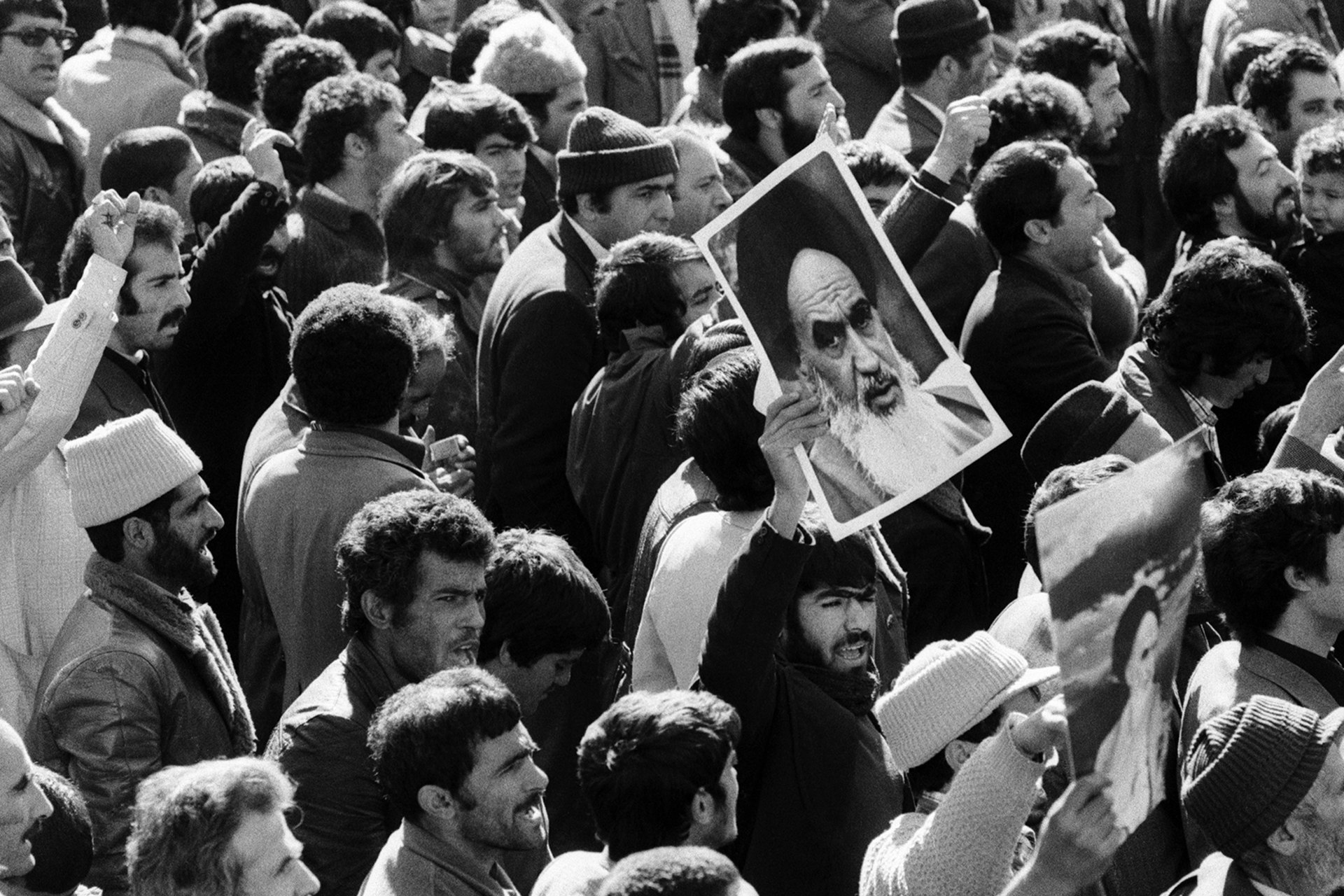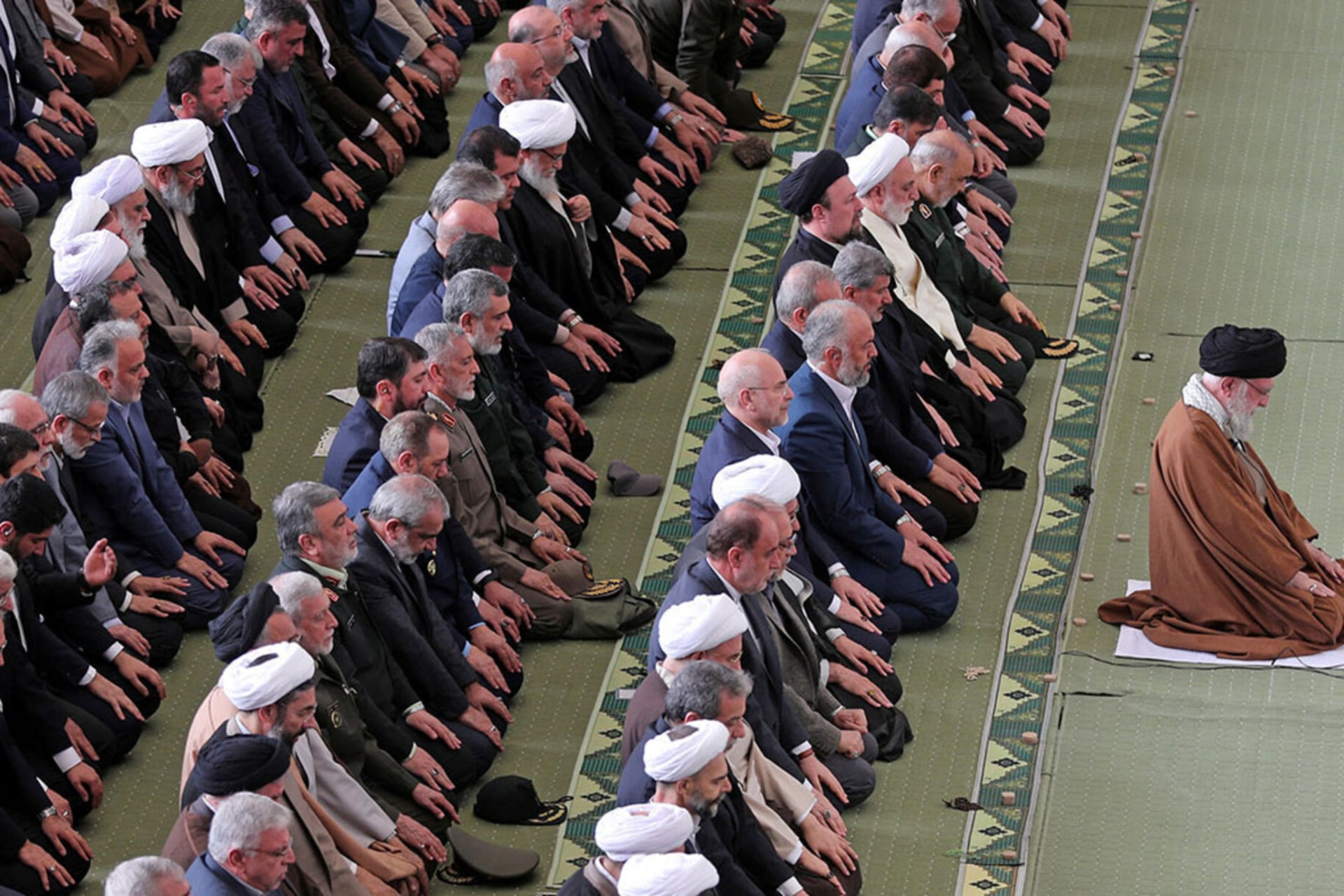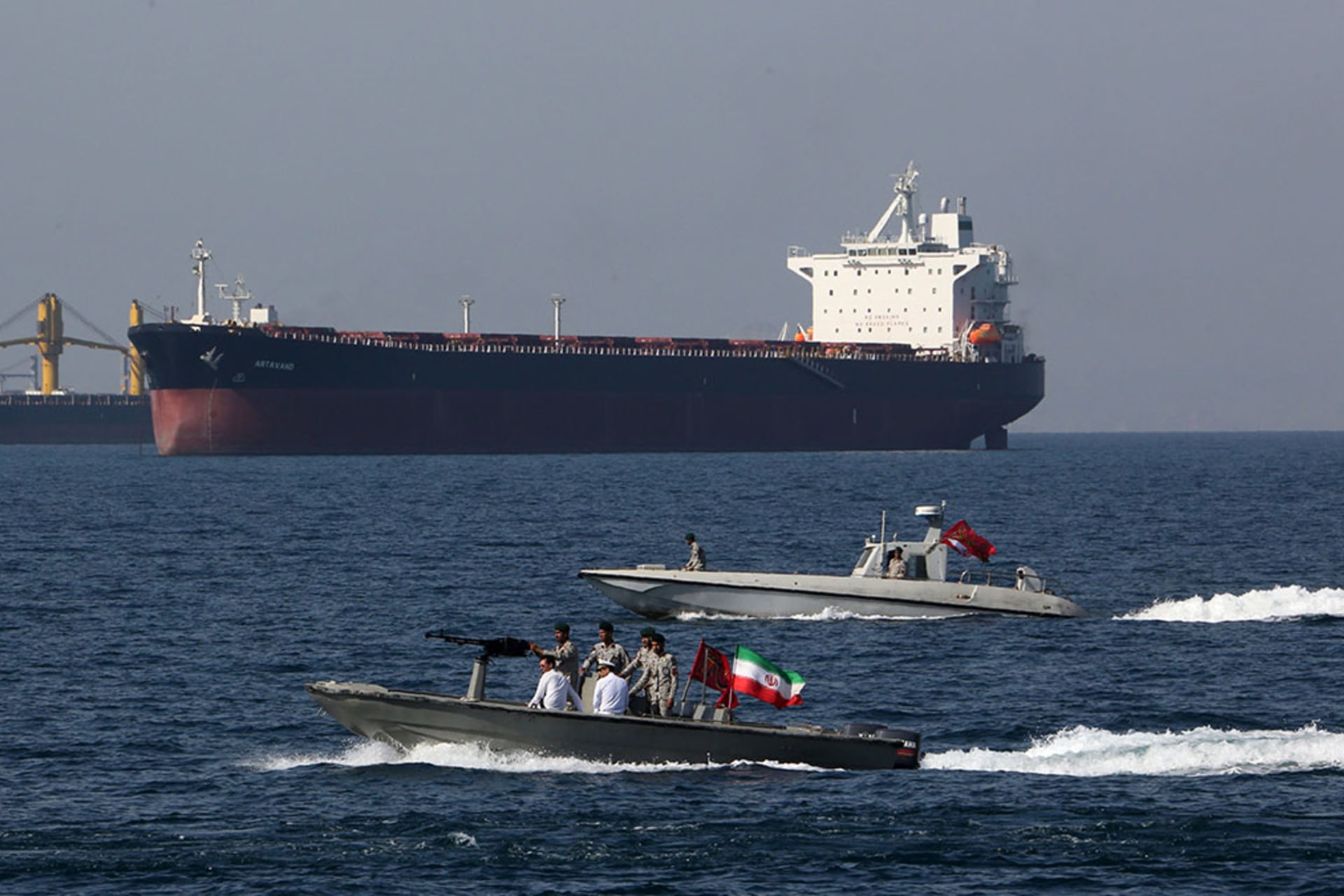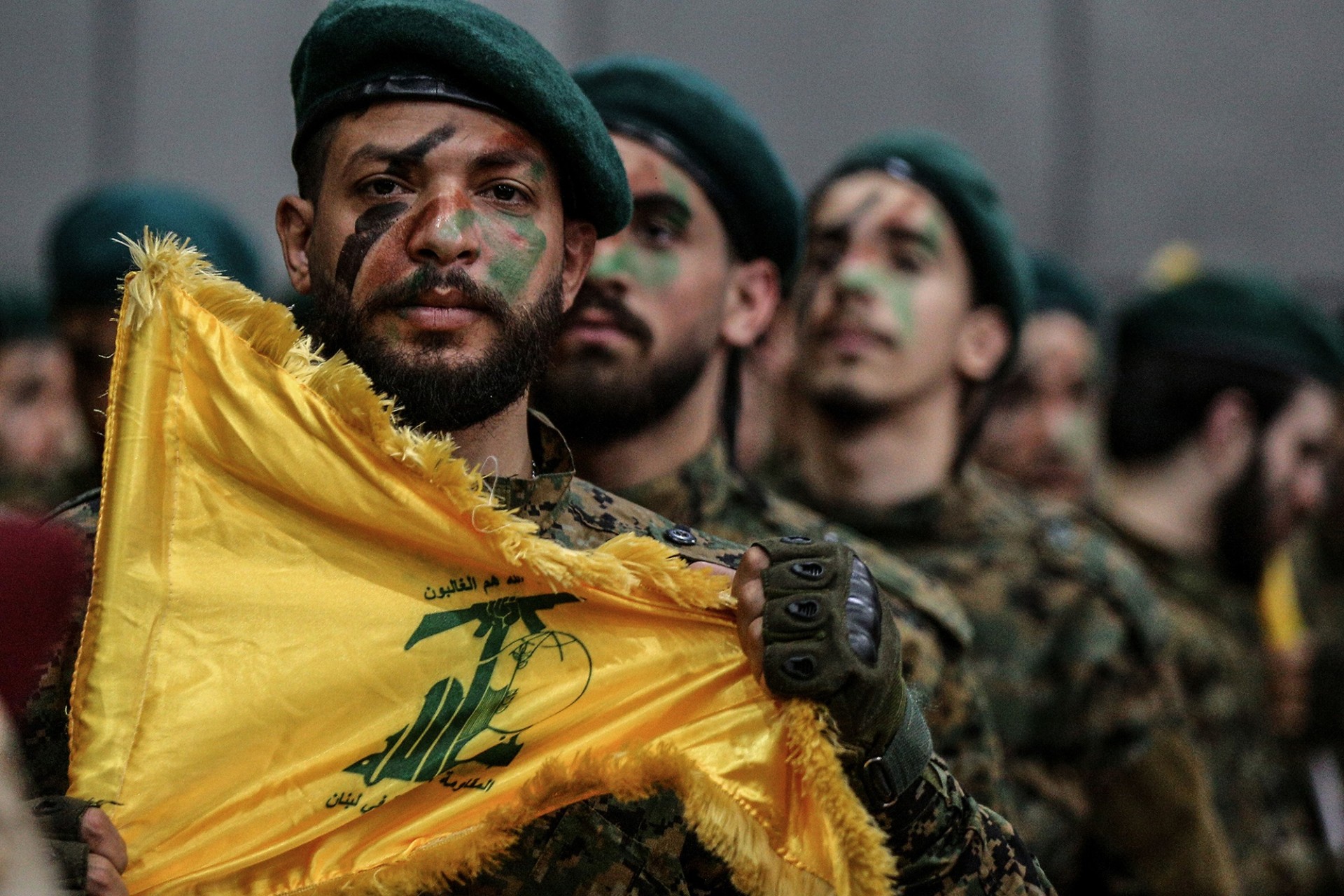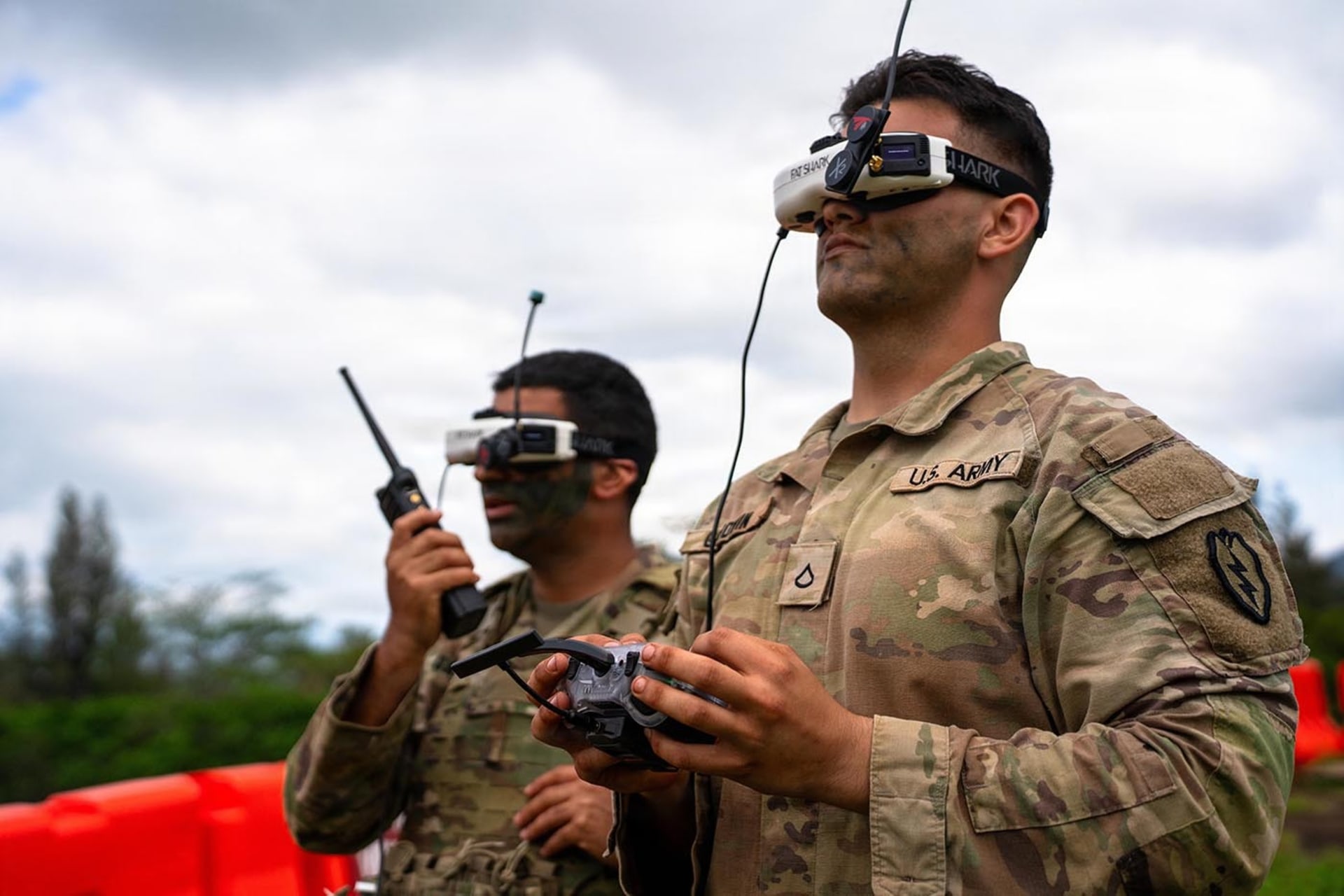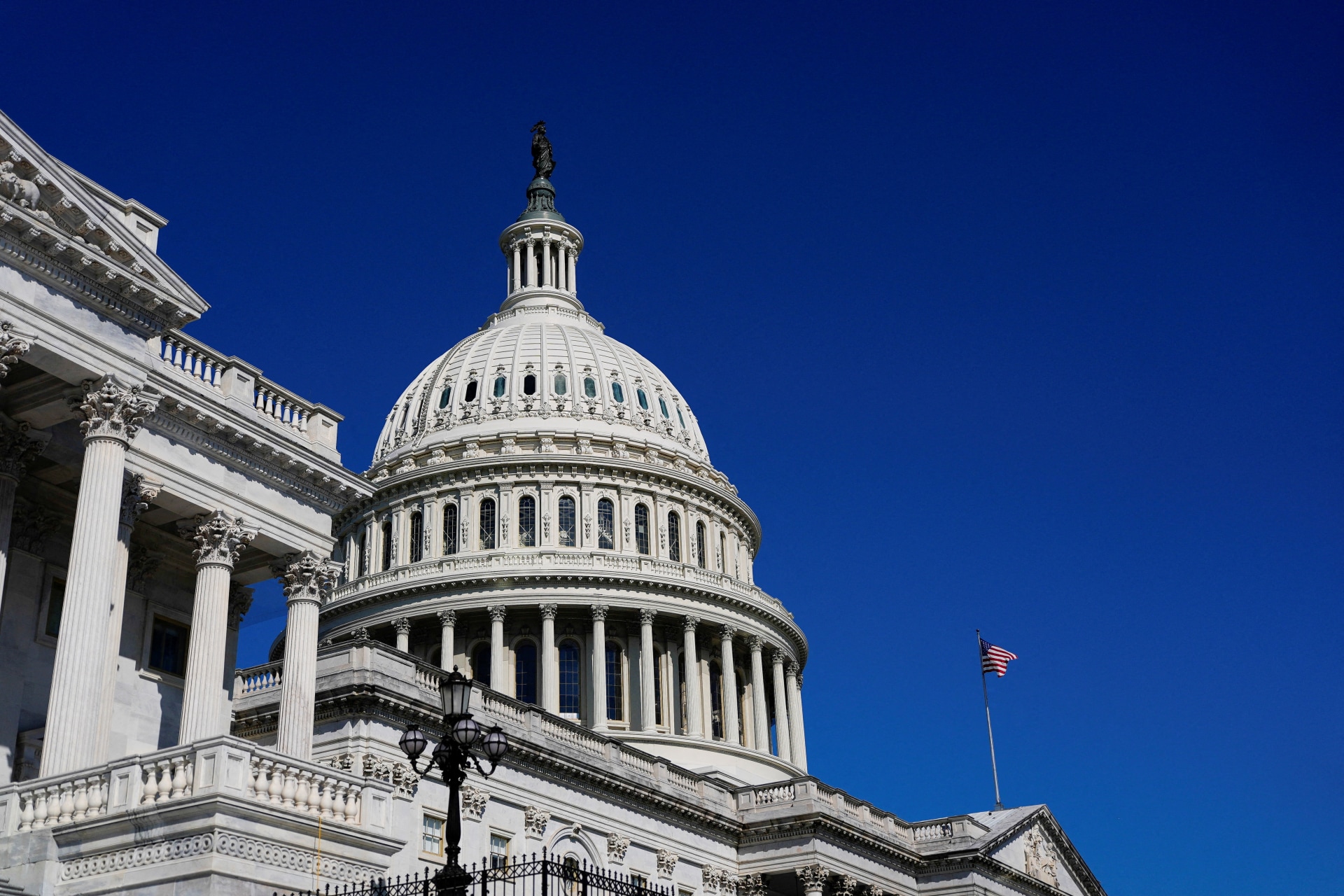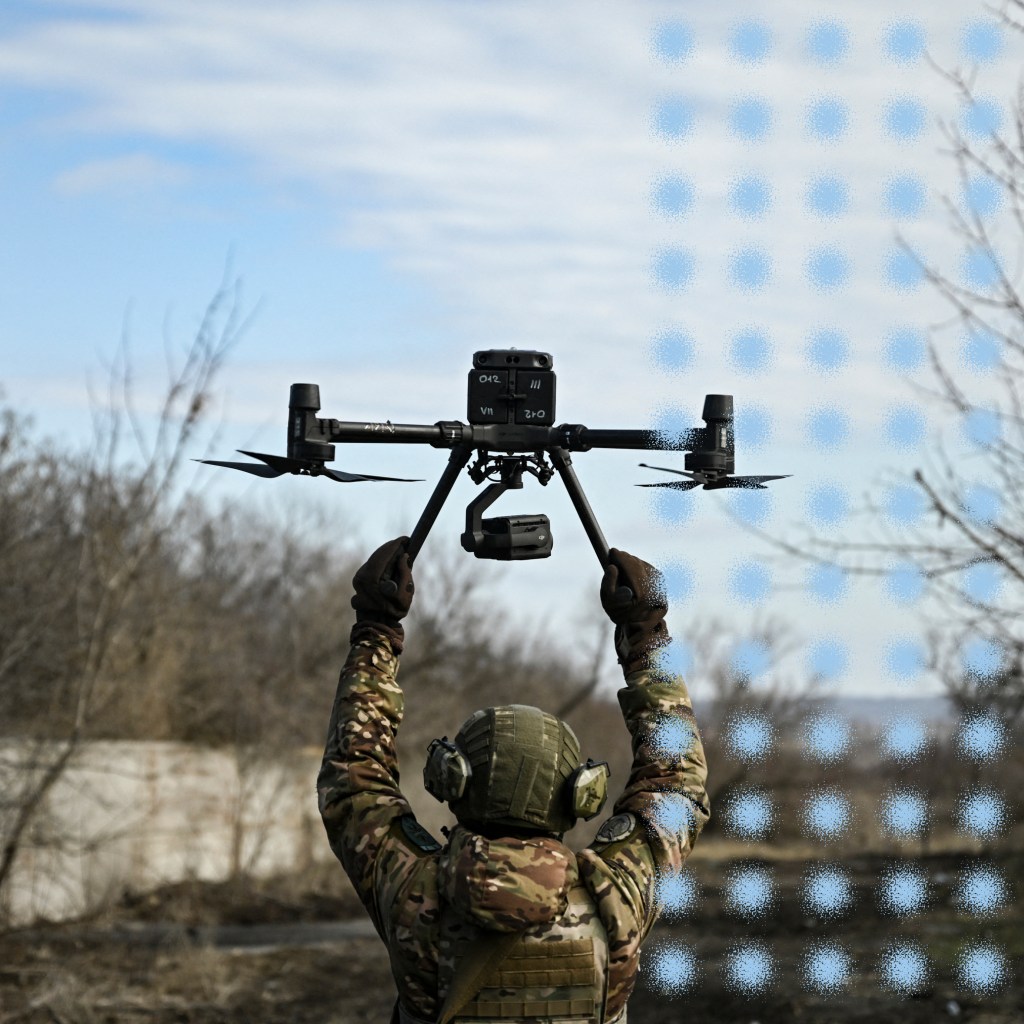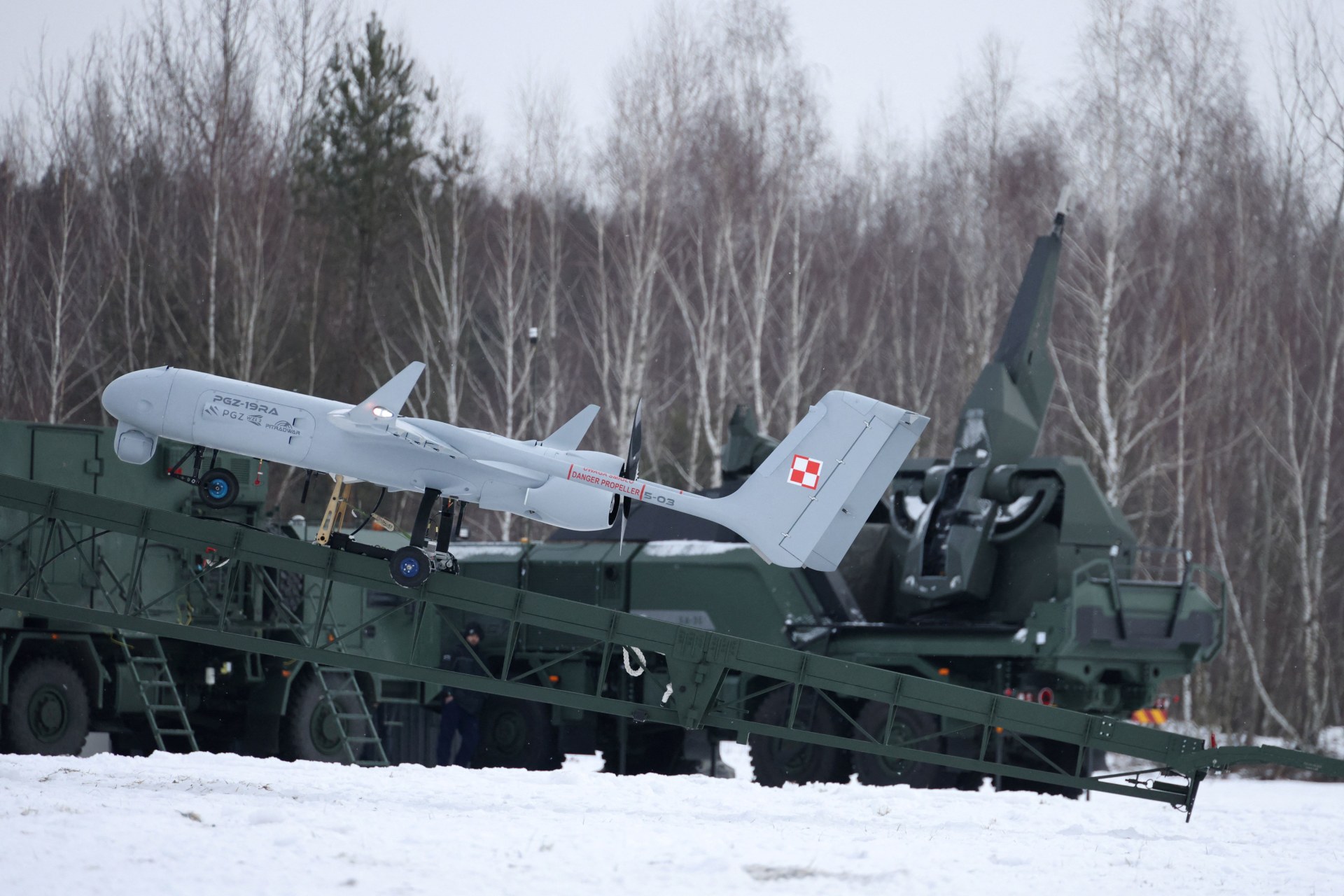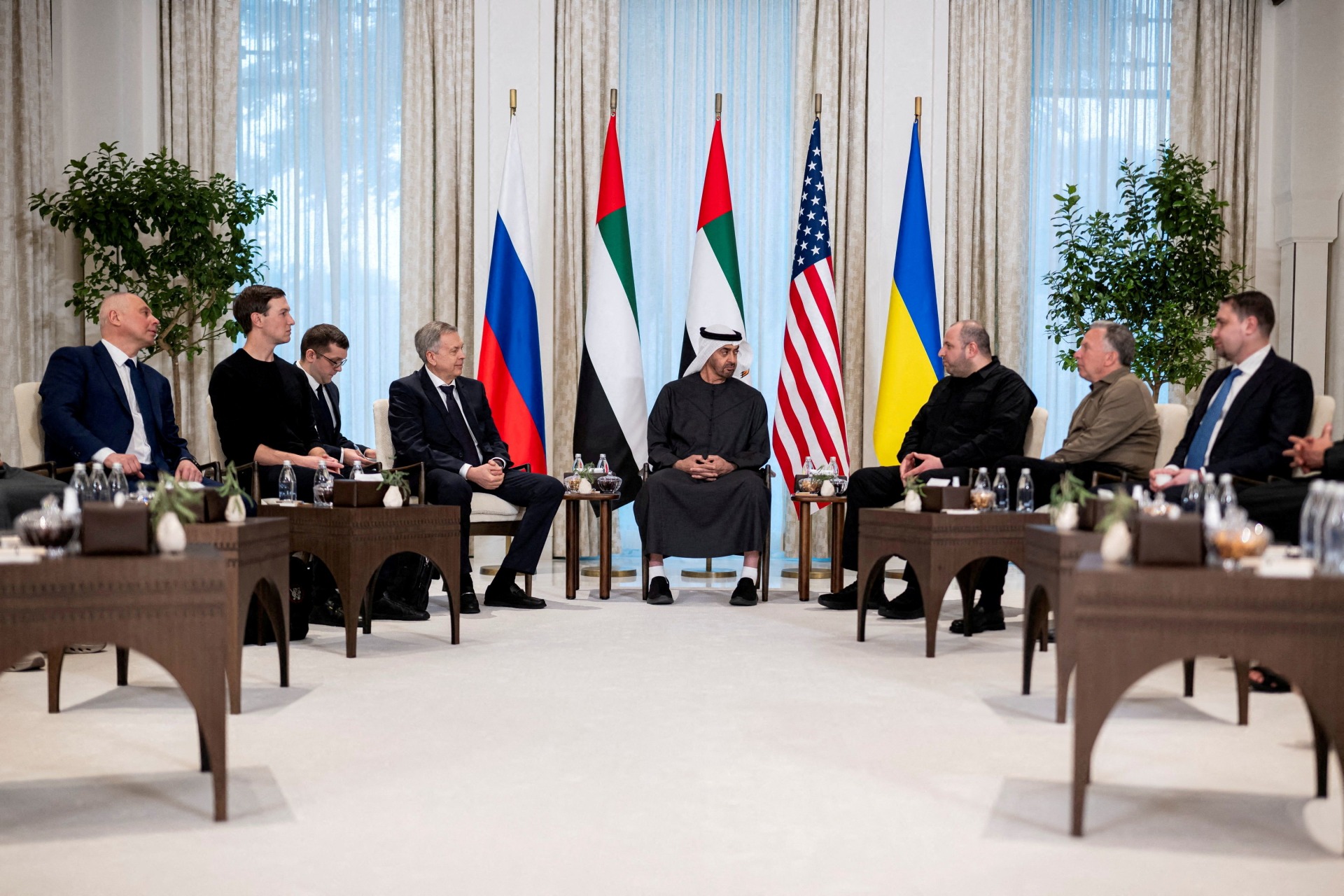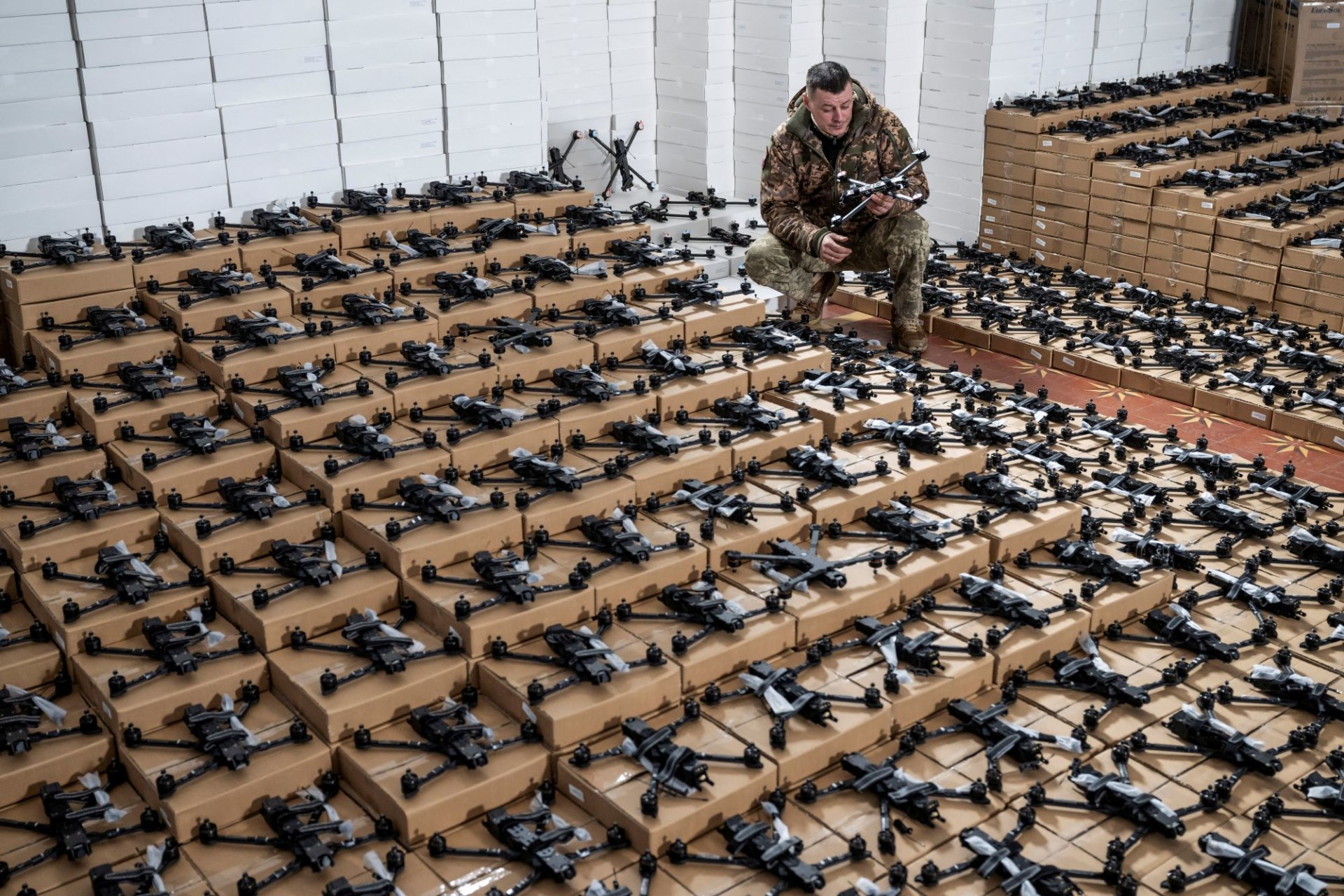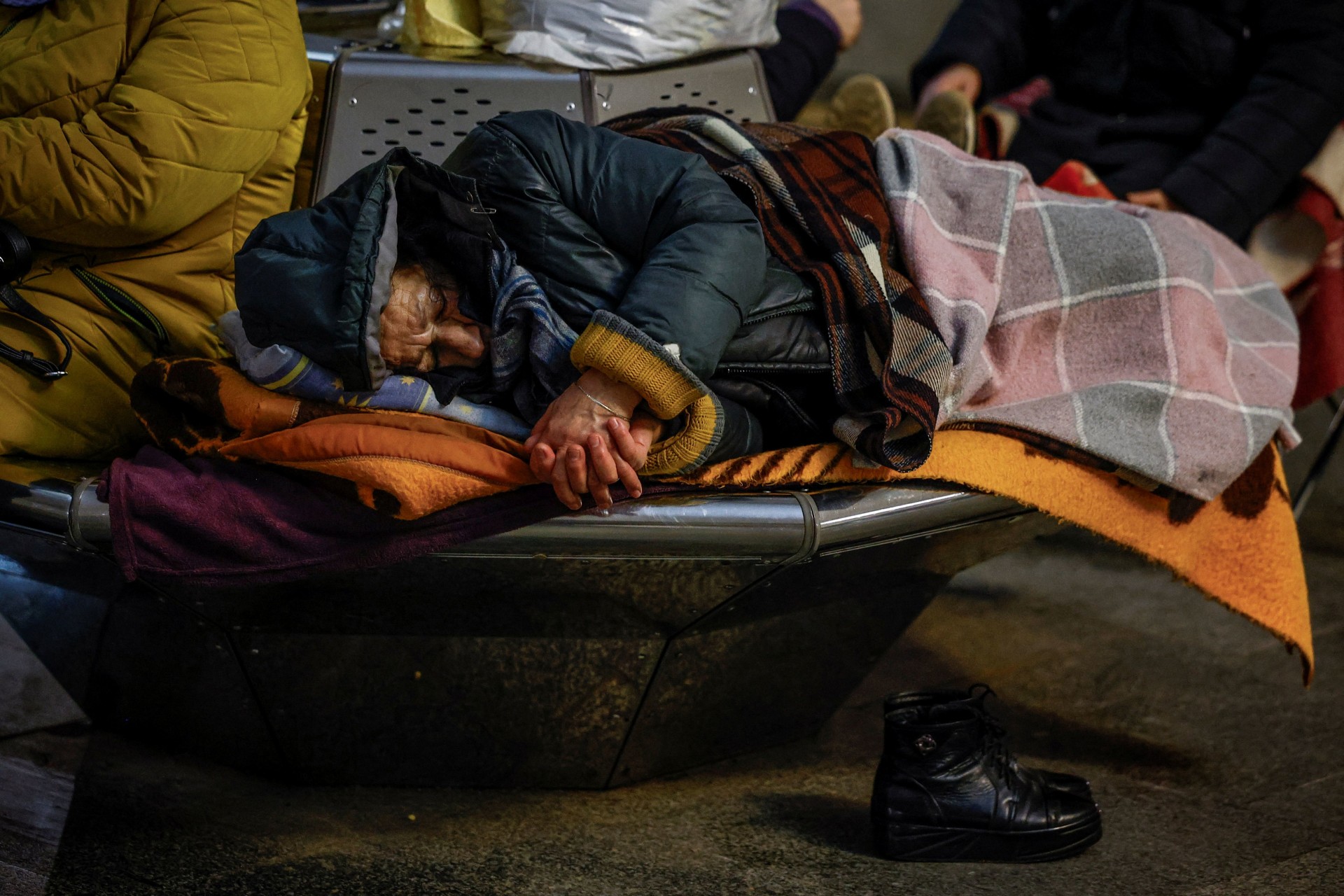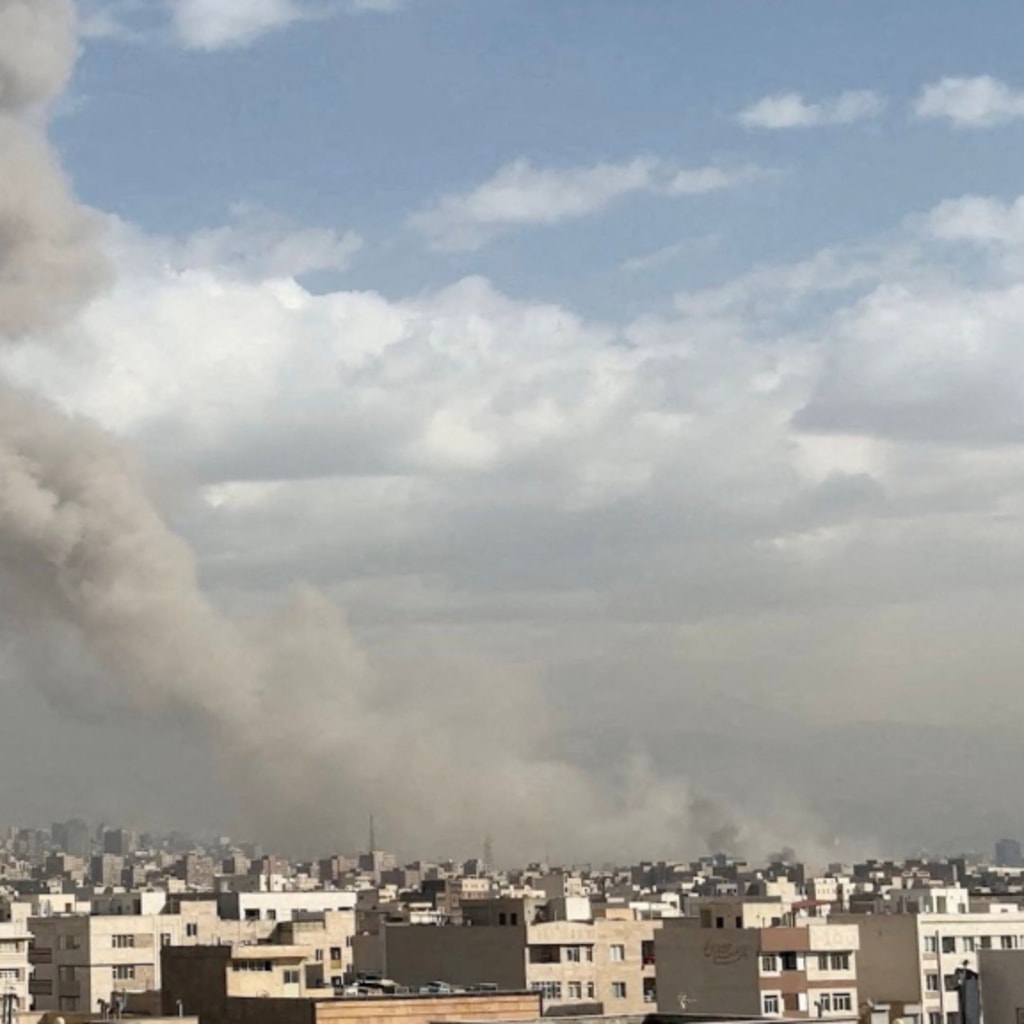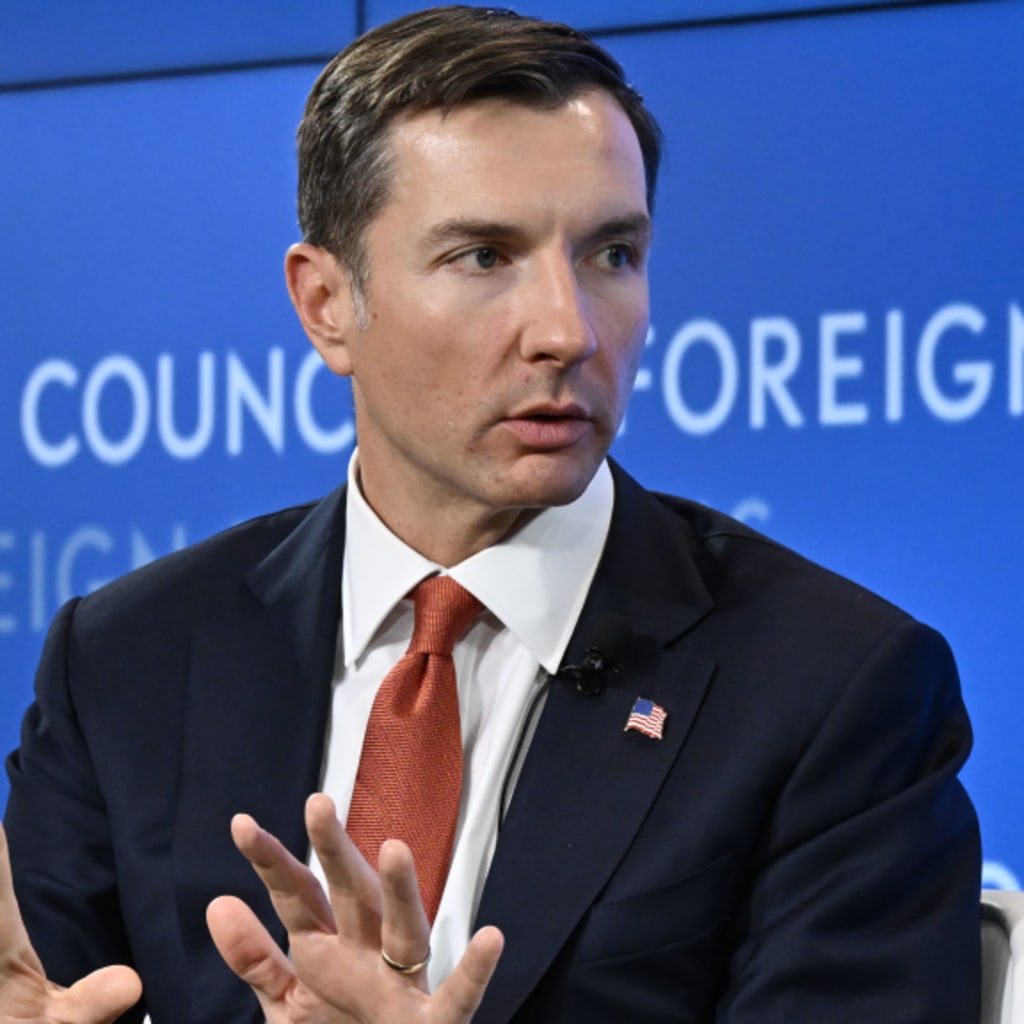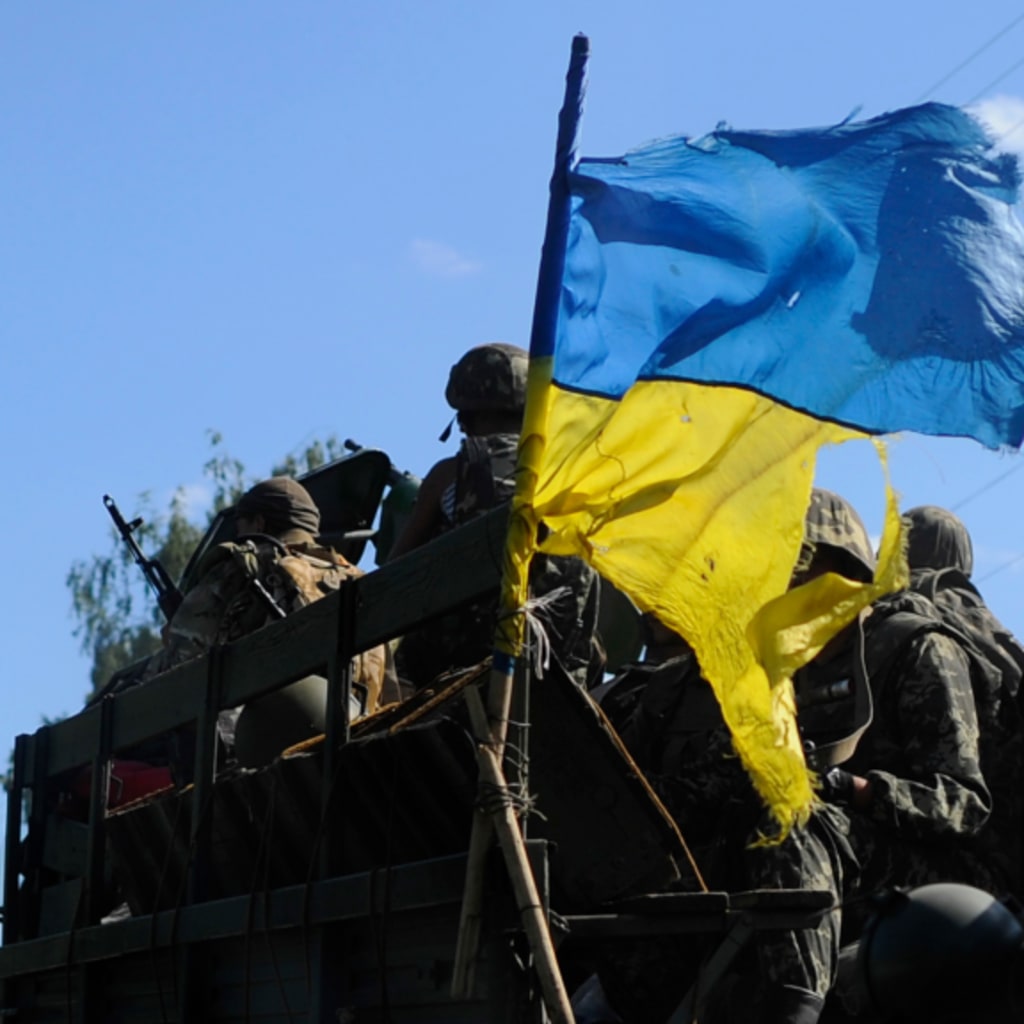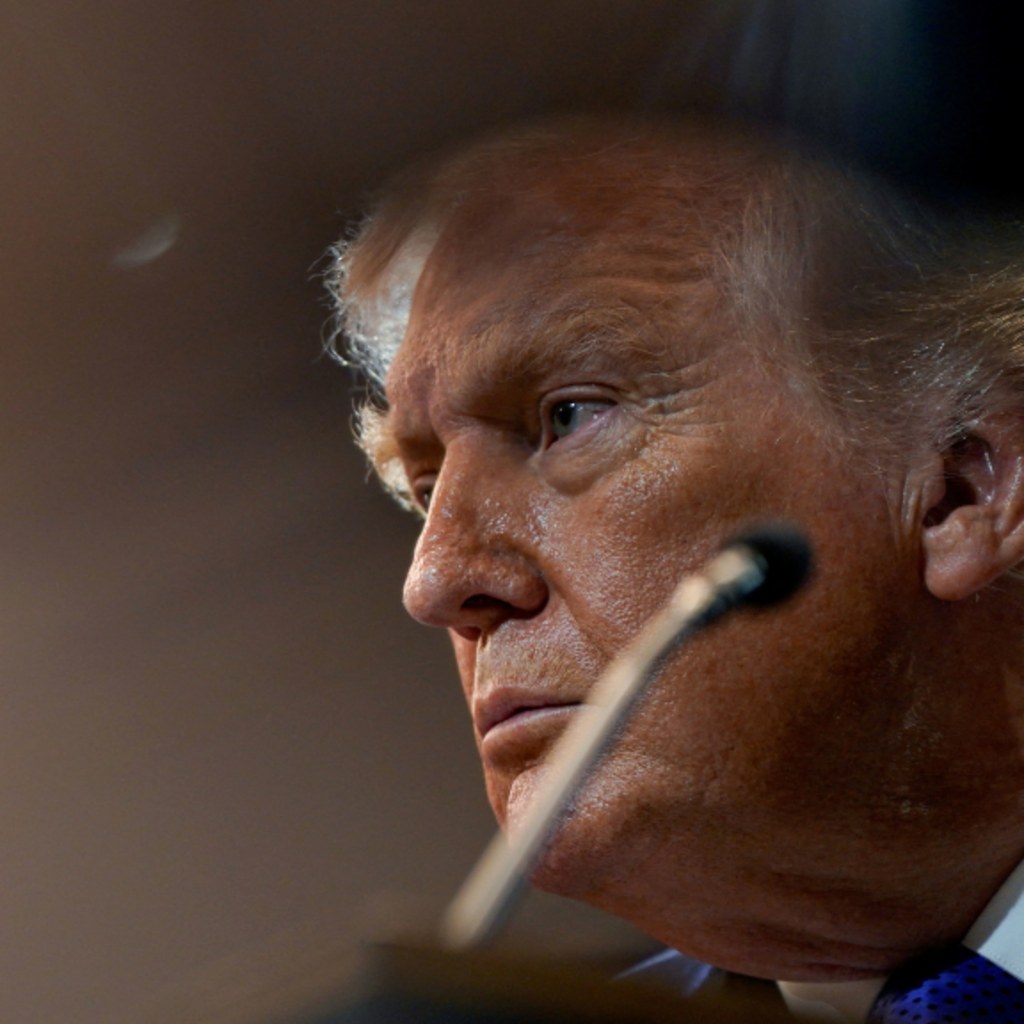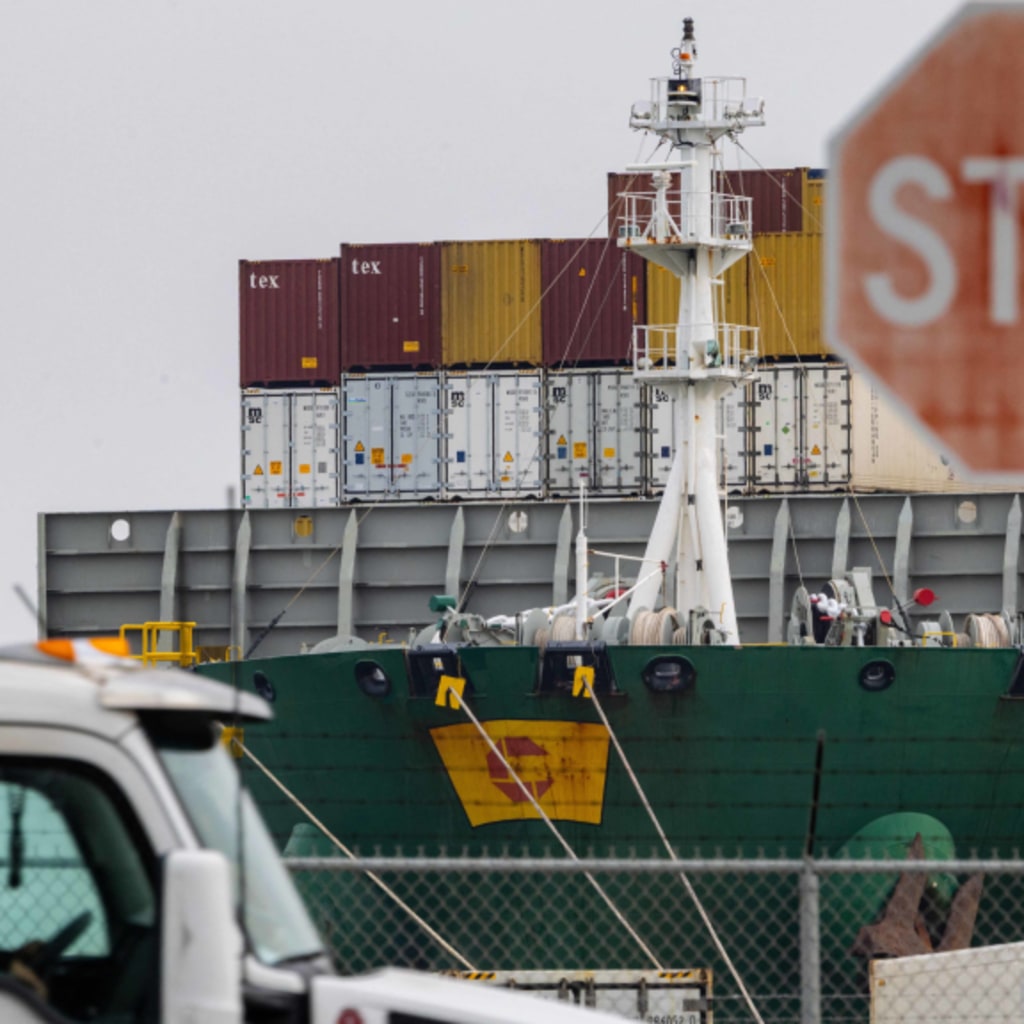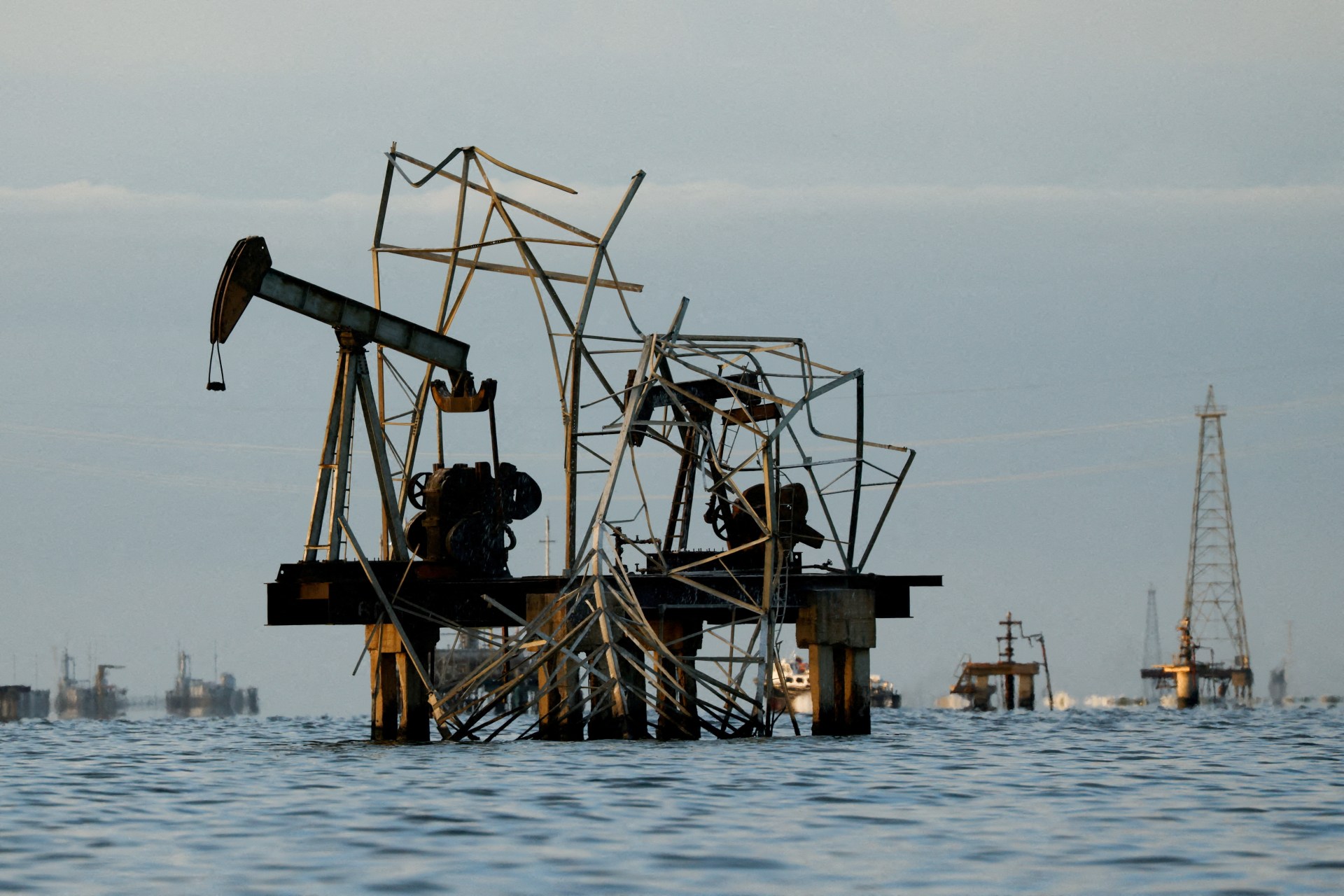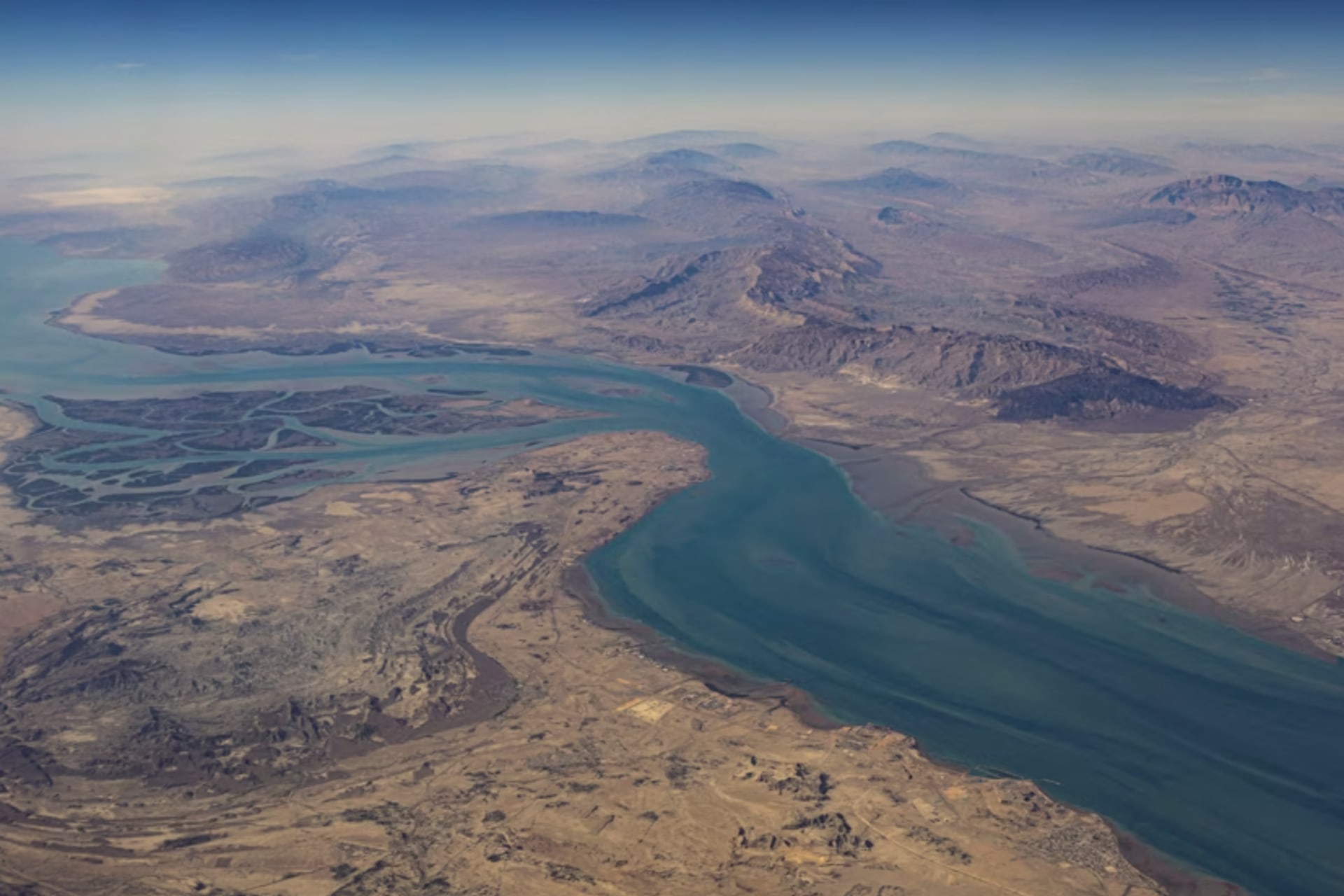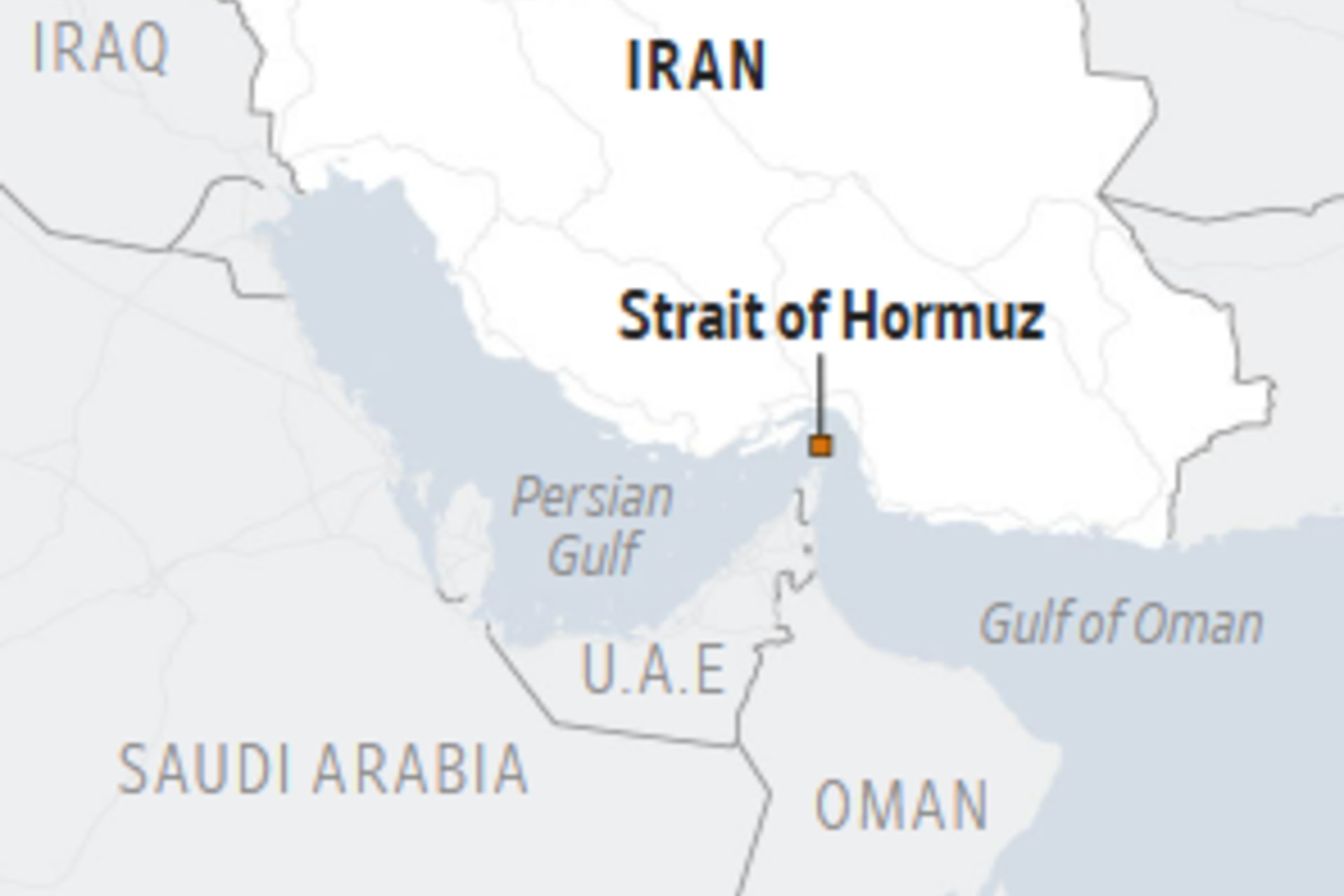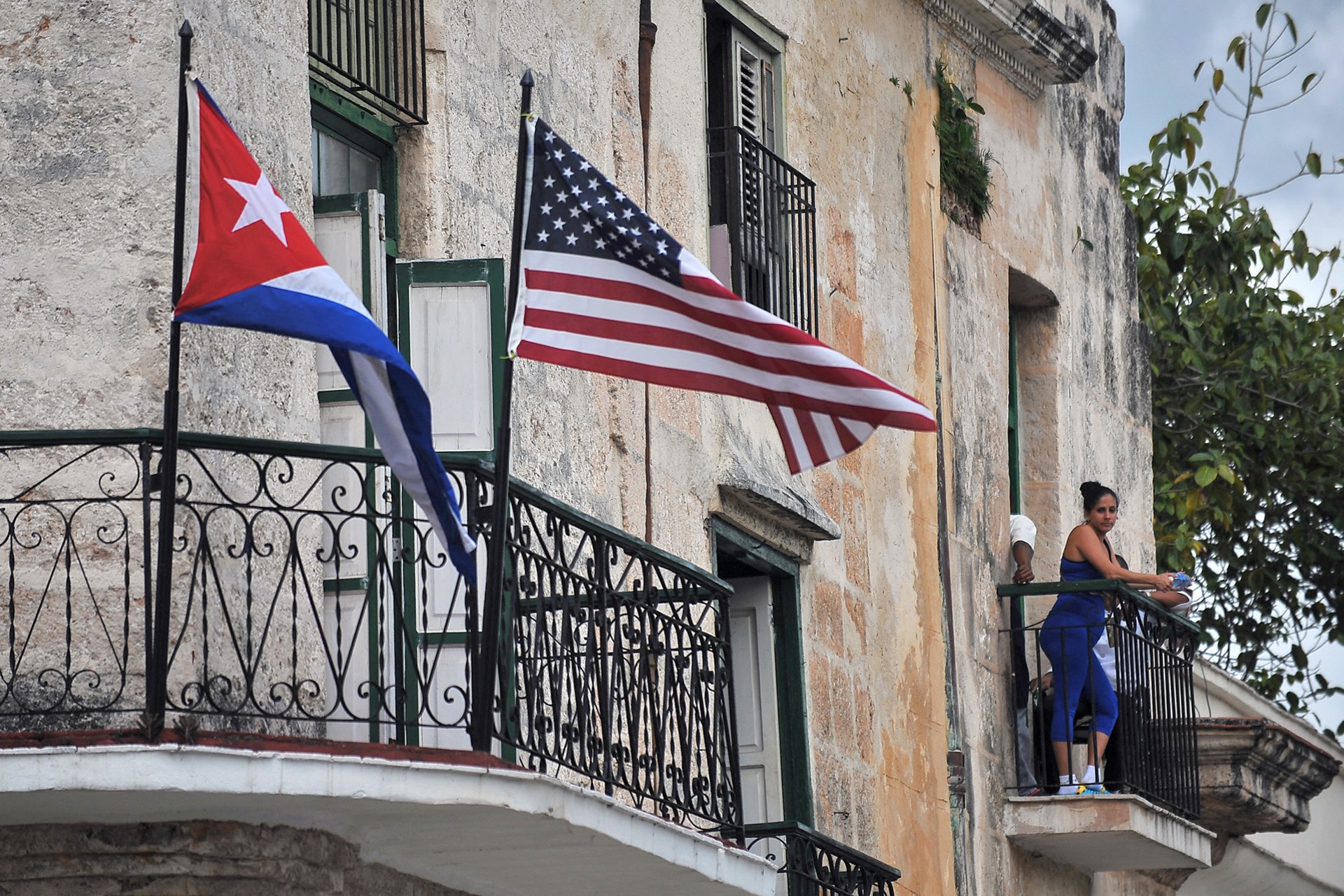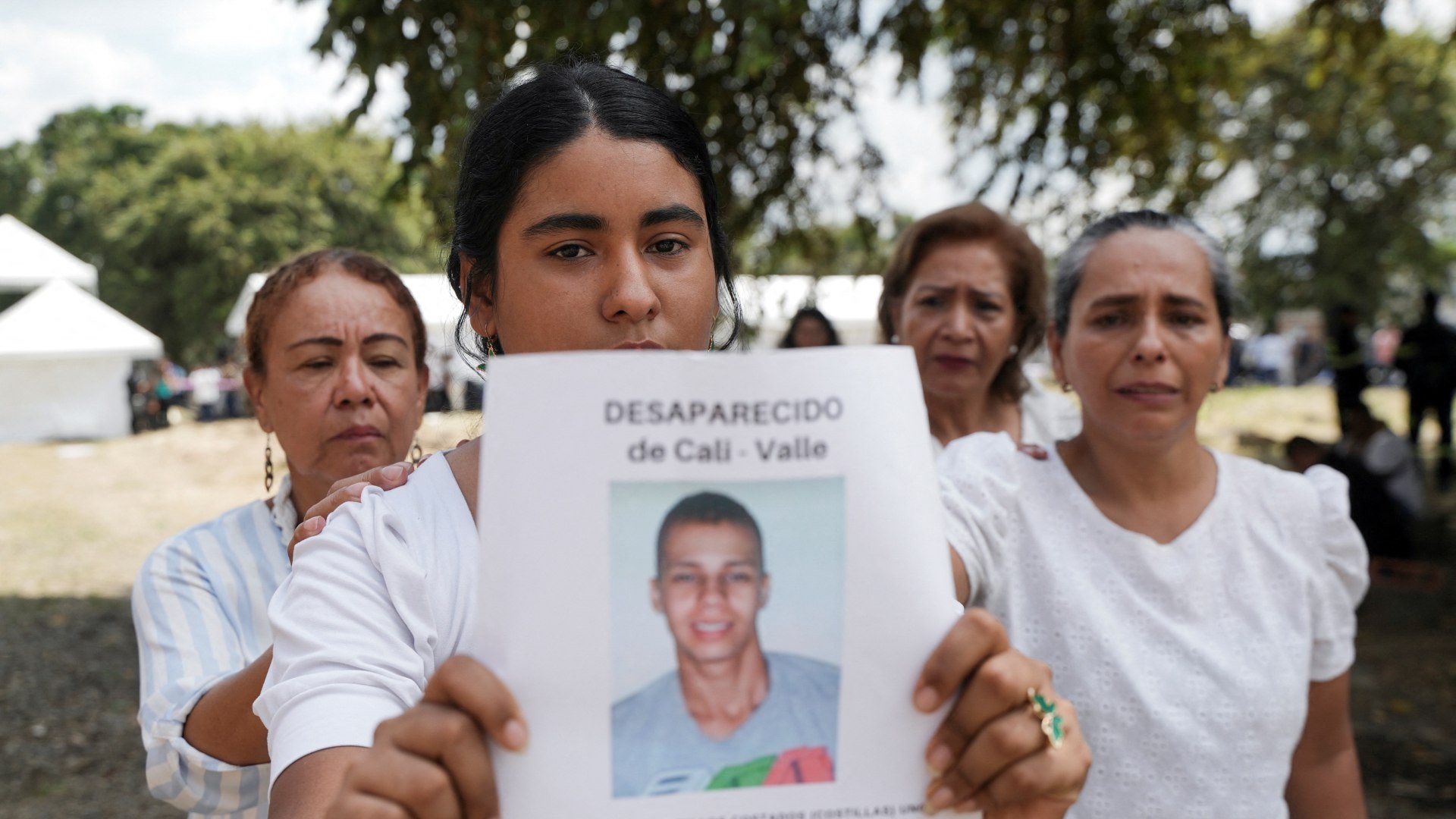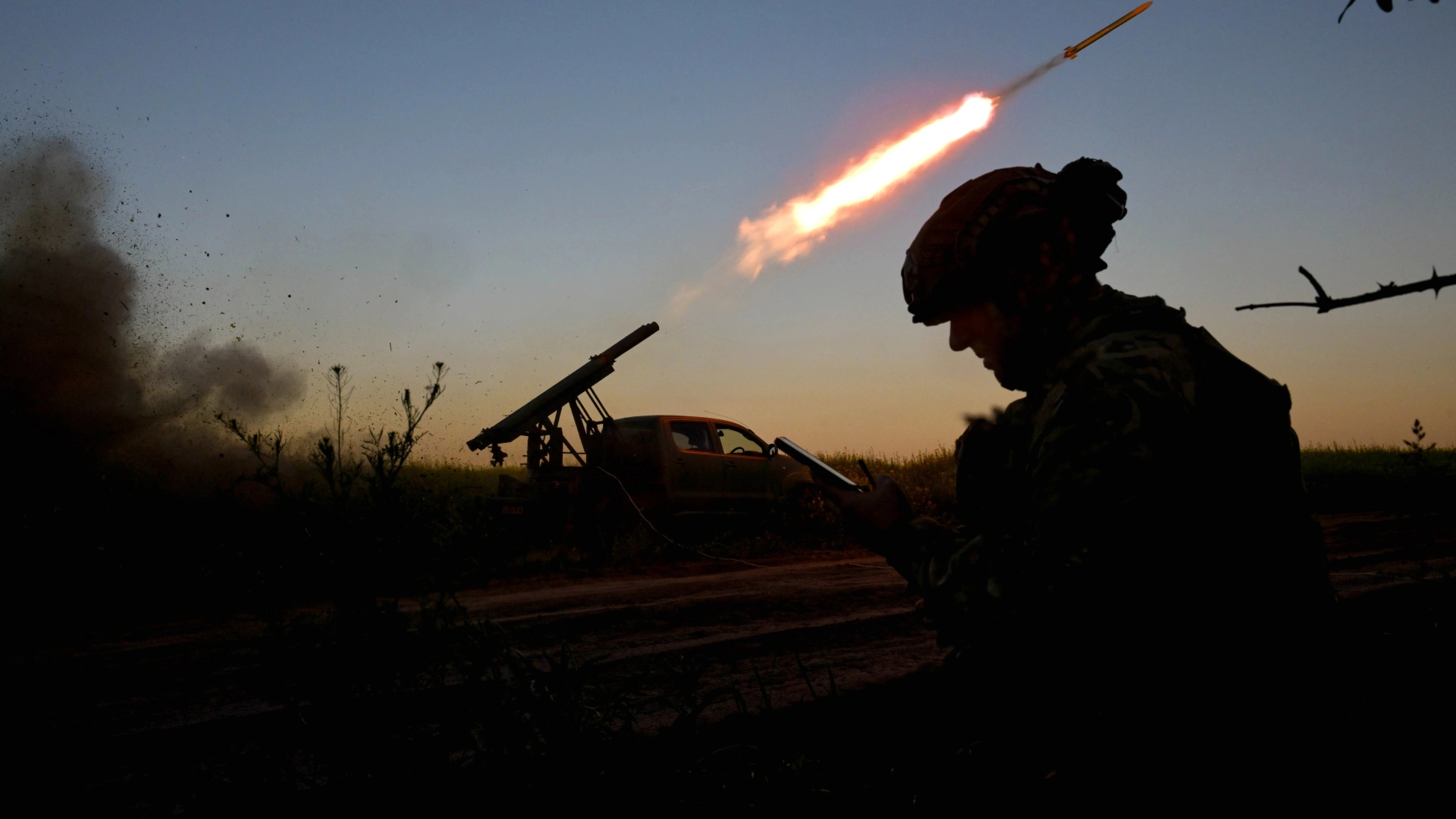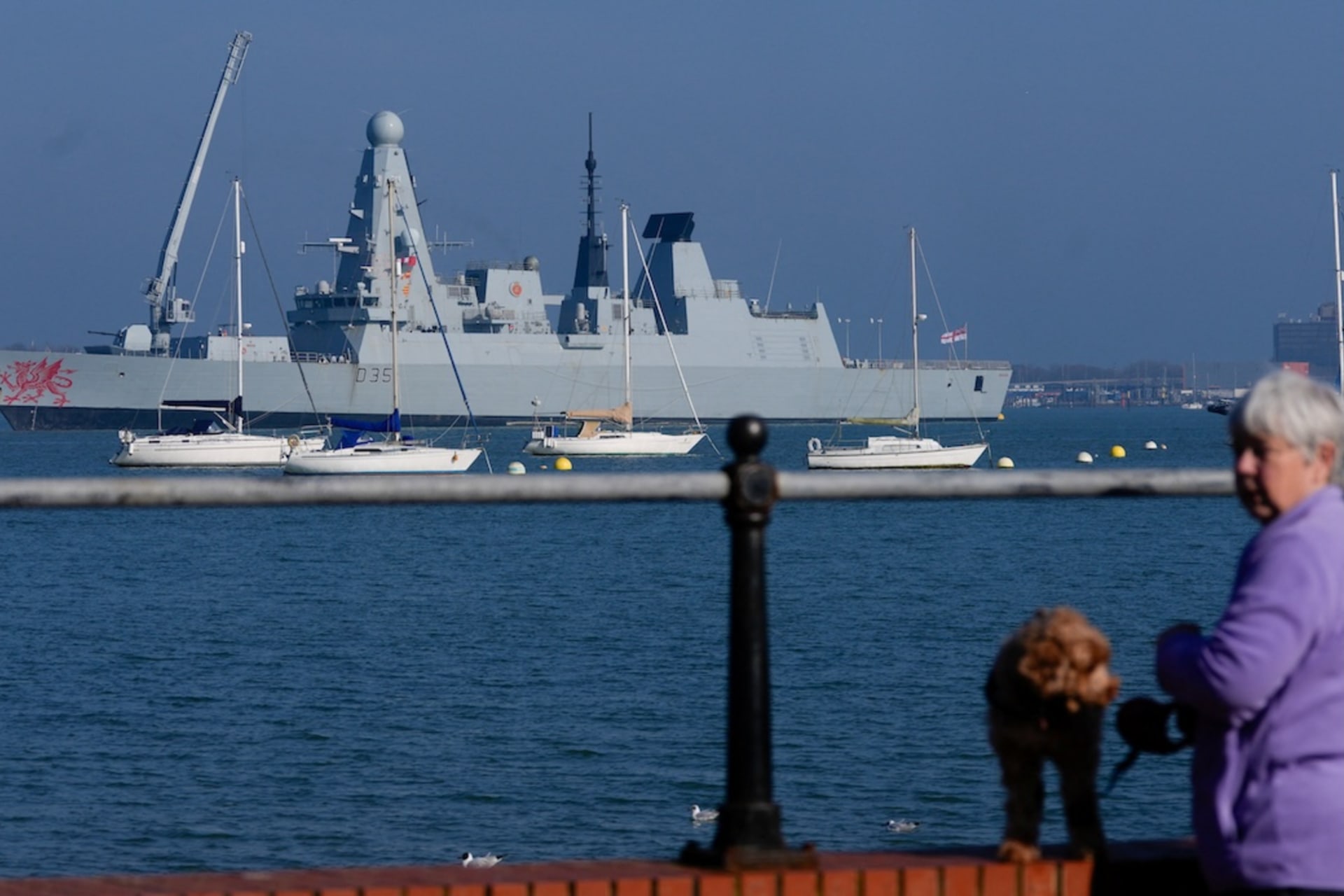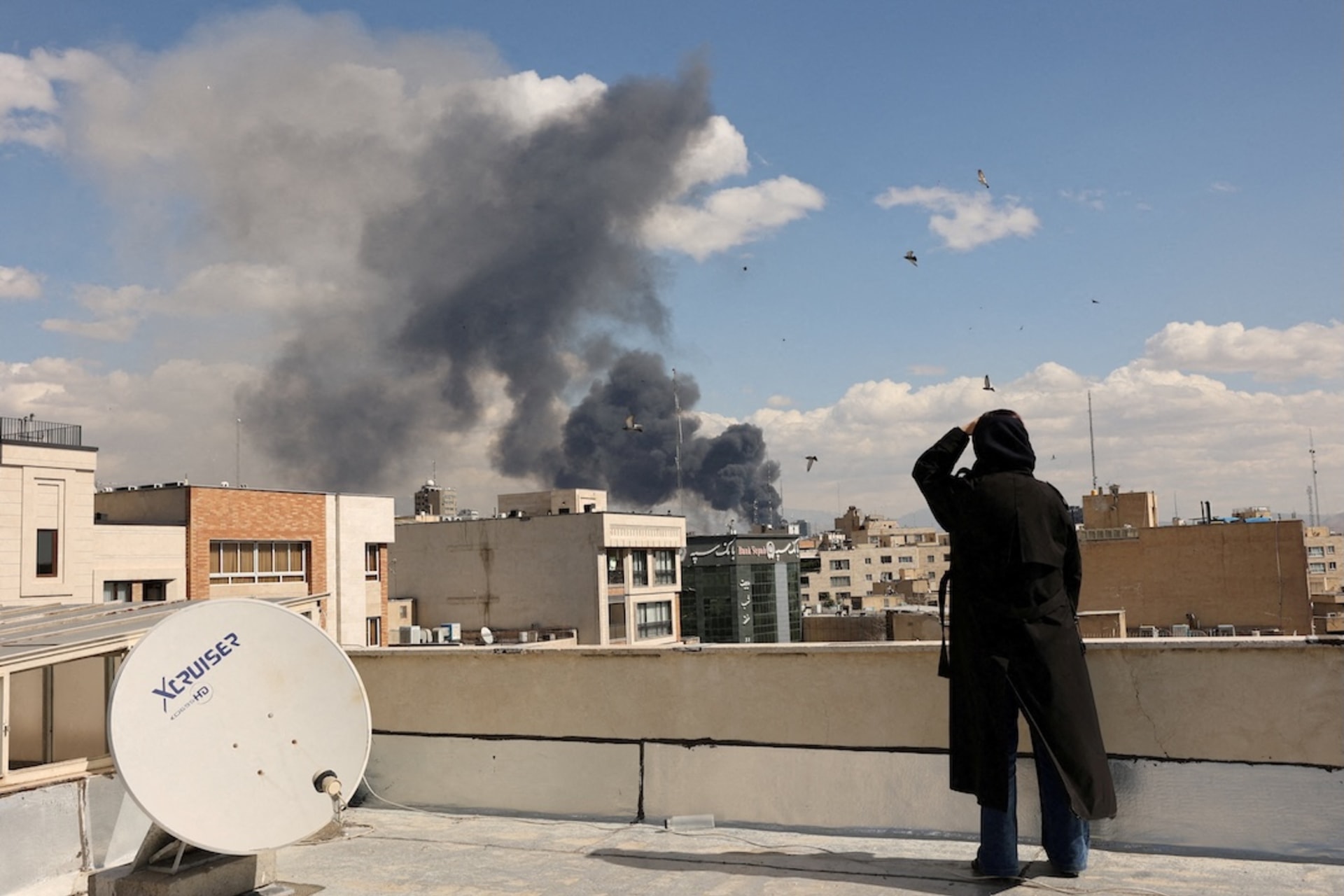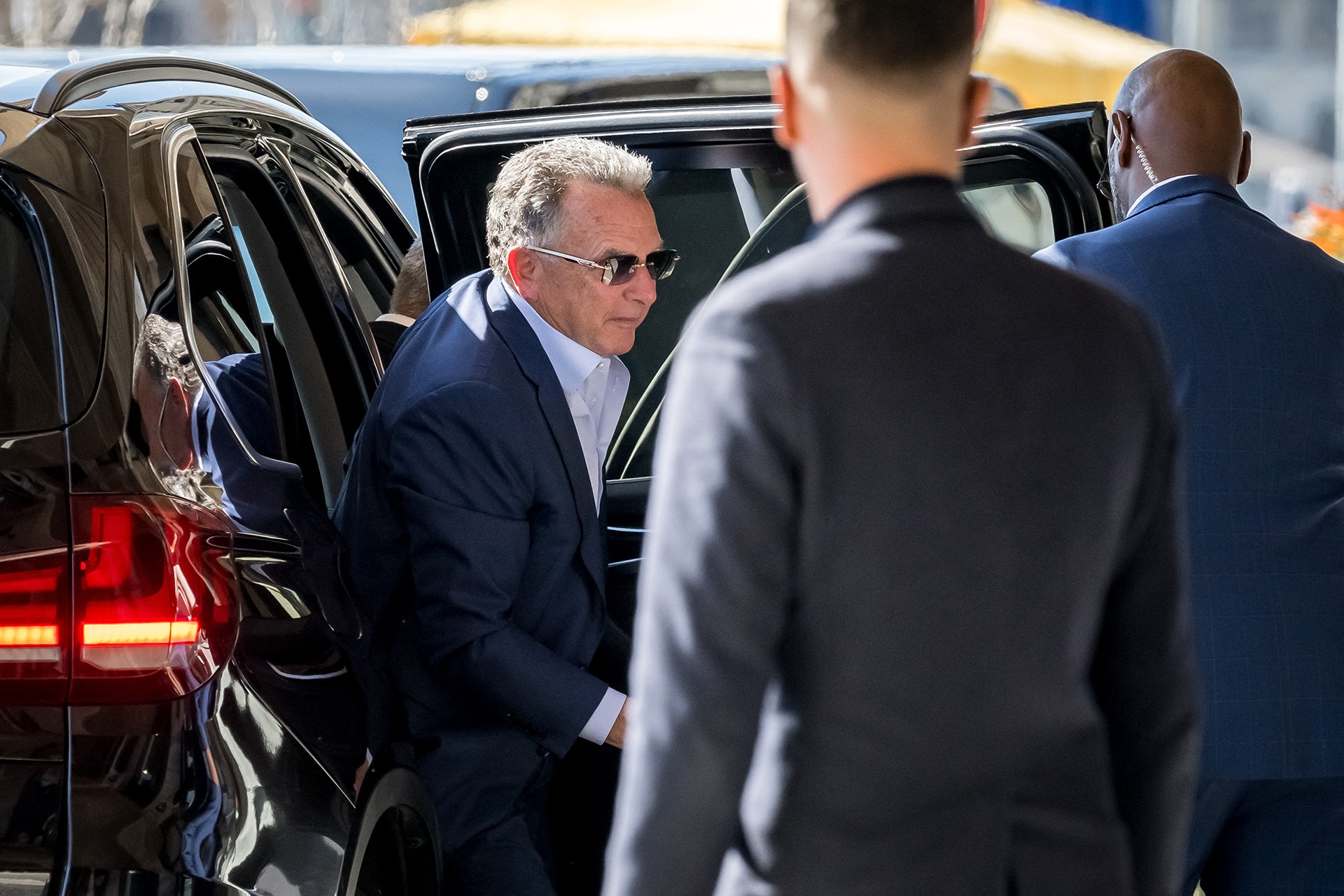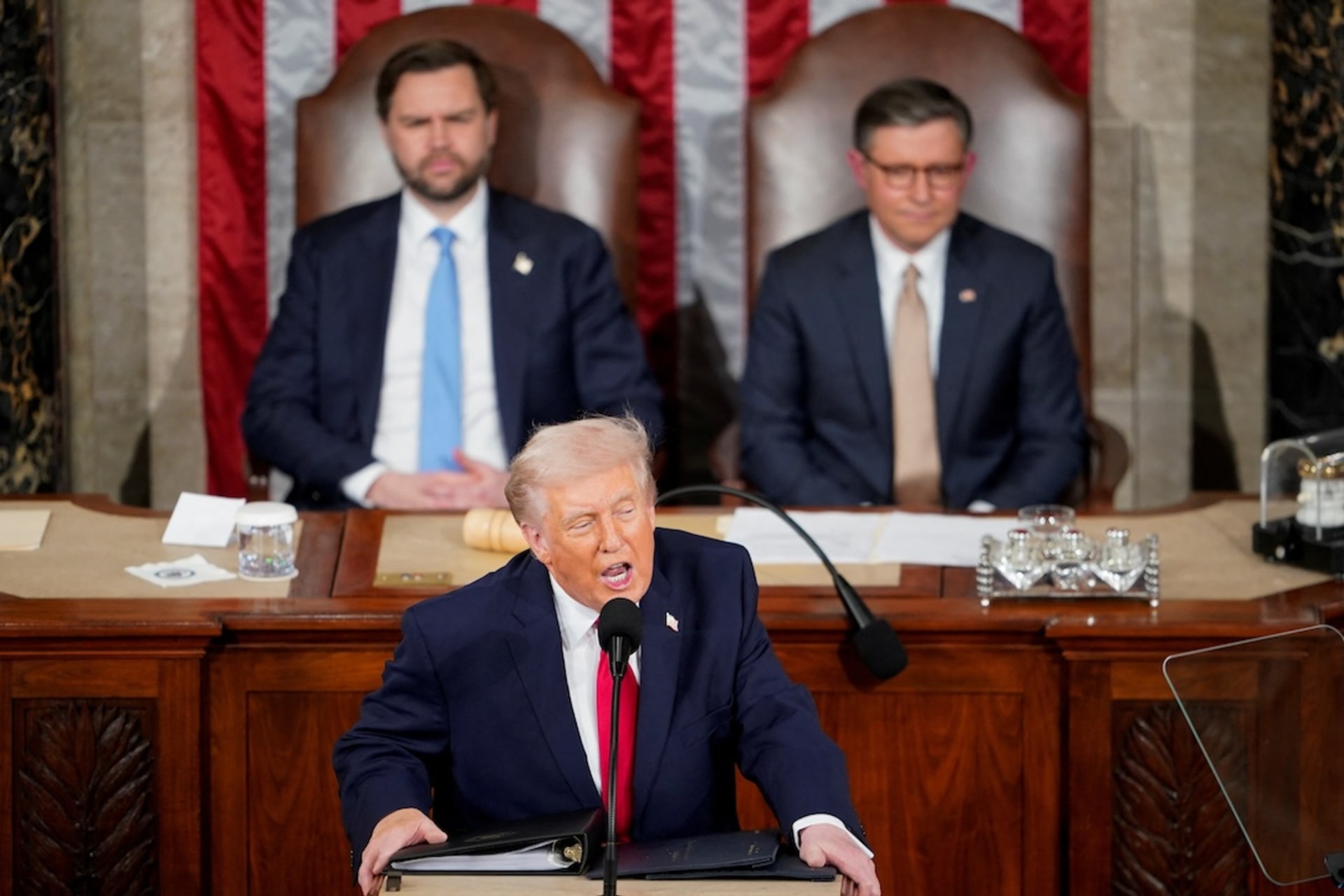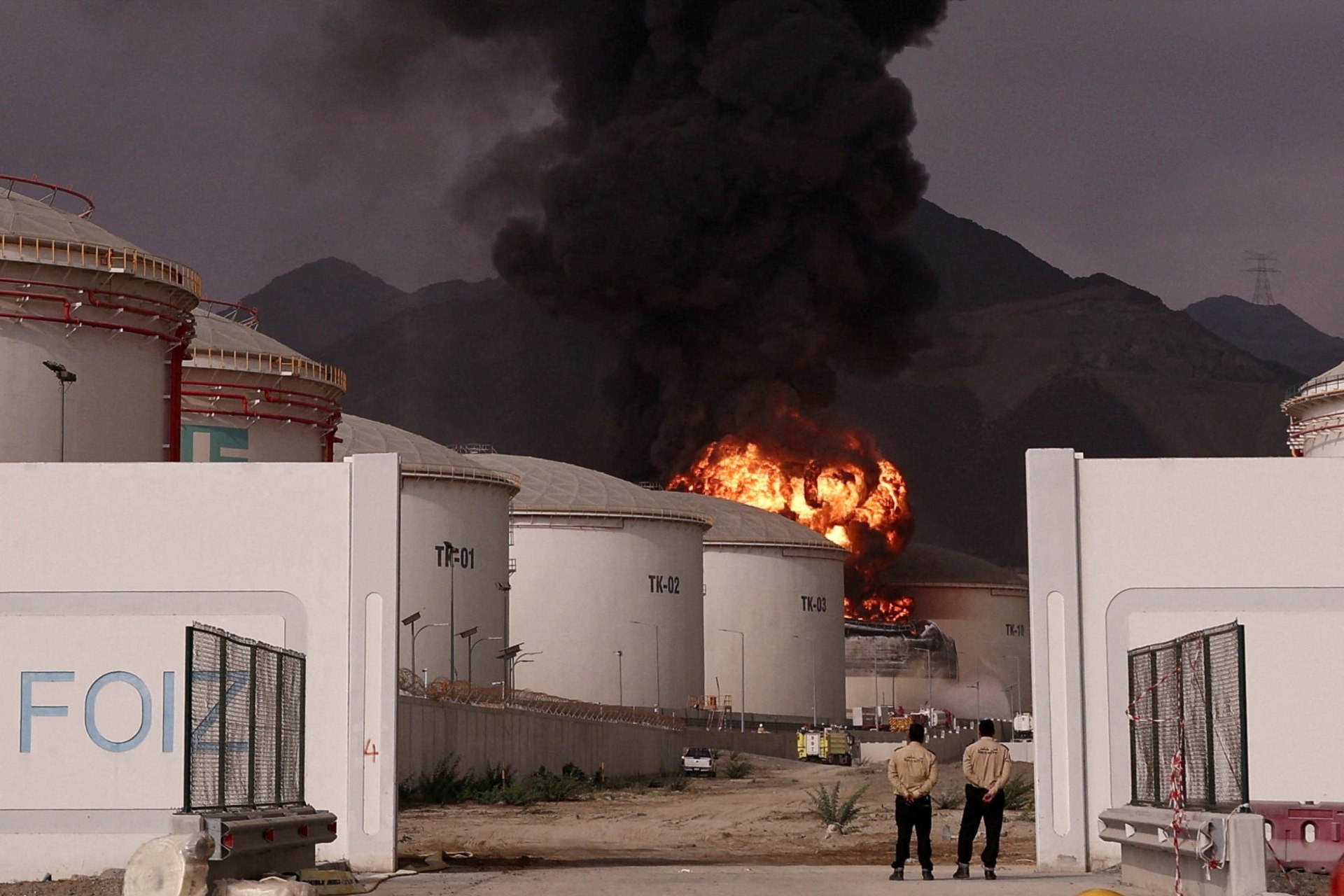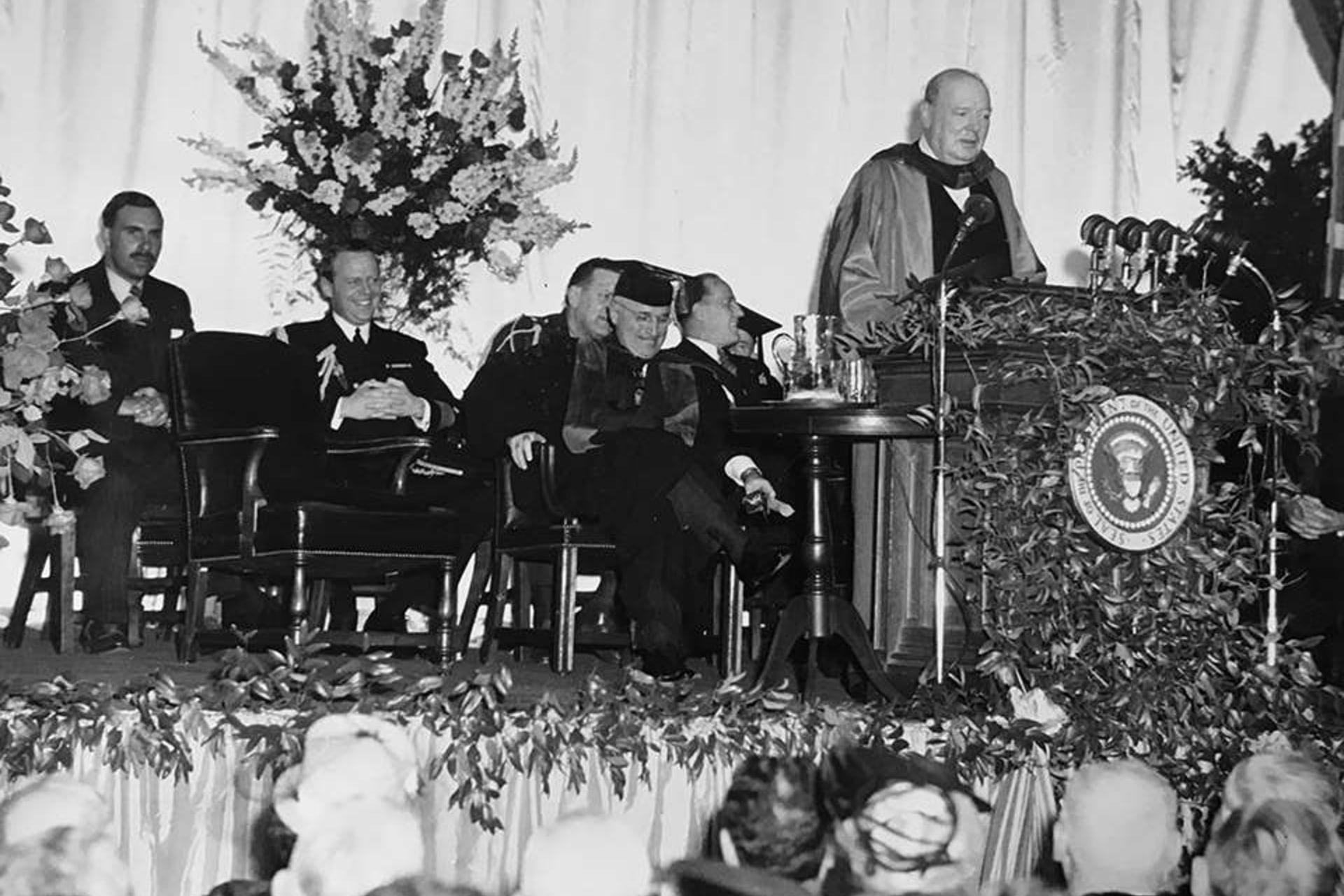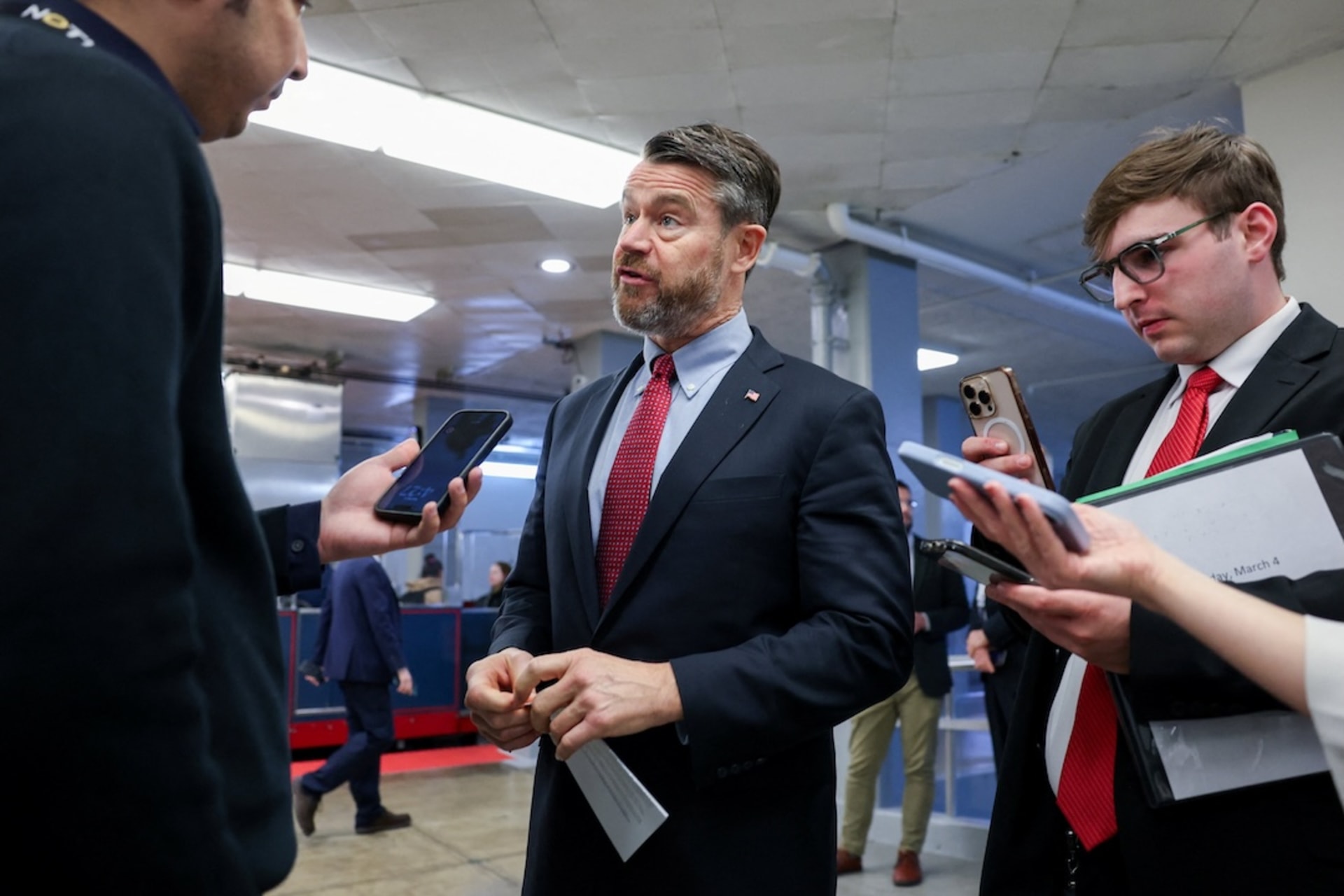Informing U.S. engagement with the world
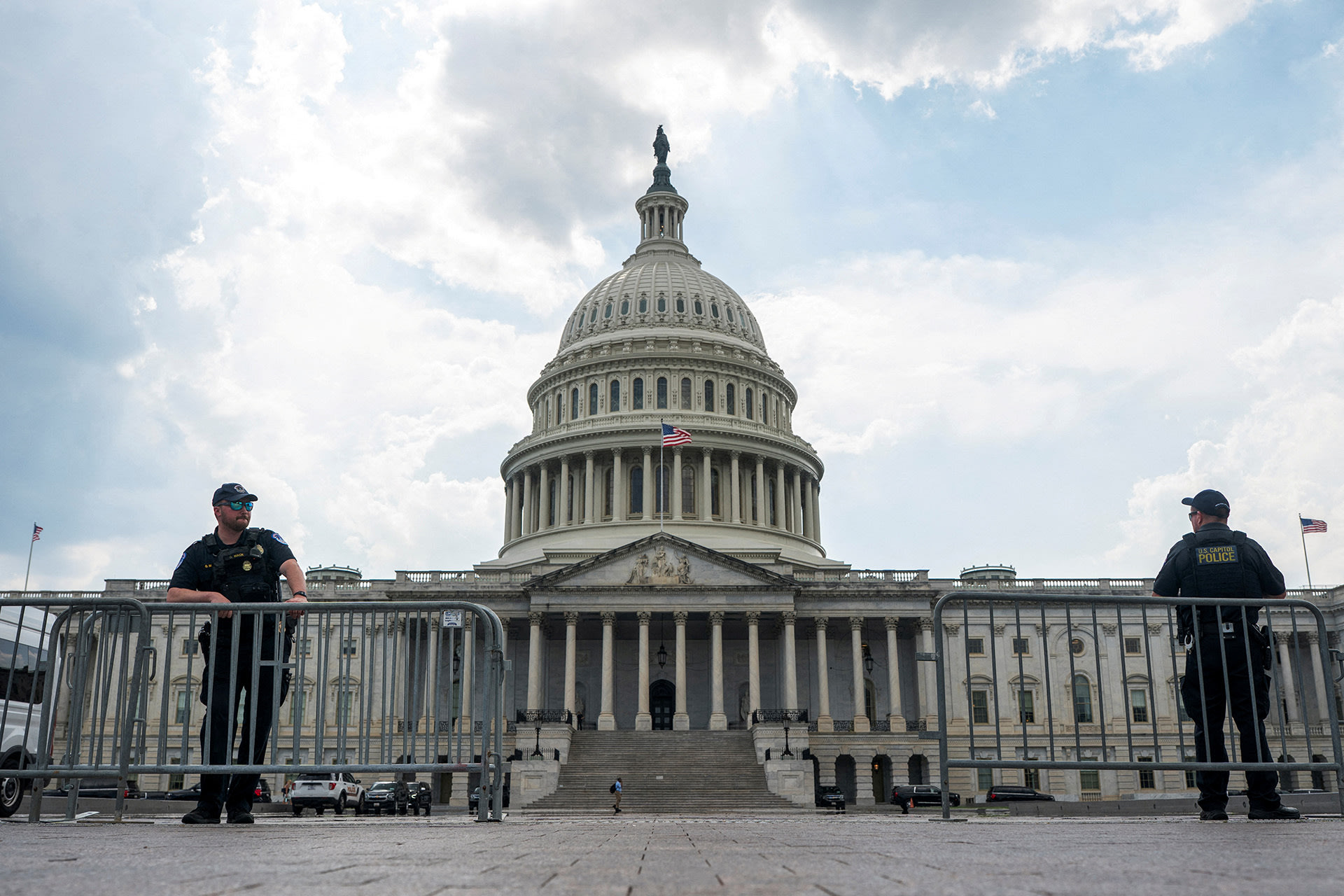
What the Strikes on Iran Could Mean for U.S. Homeland Security
By Bruce Hoffman
The U.S. Campaign in Iran Ignores the Lessons of the Iraq War
By Linda Robinson
![Iraqi Shiites shout slogans as they carry a portrait of Iran's Supreme Leader Ayatollah Ali Khamenei and wave Iran flags during a protest against U.S. and Israeli attacks on Iran at a bridge leading to Green Zone where the U.S. embassy is located.]()
![<p>A drone view of the aftermath of a U.S. strike on the Ras Isa fuel port, Al Jazirah, Yemen, April 18, 2025. </p>]()
Americans Are Skeptical About Operation Epic Fury
By James M. Lindsay
![<p>President Donald Trump announces that the United States has begun major combat operations in Iran, February 28, 2026.</p>]()
![Plumes of smoke rise over the residential areas of the Iranian capital following airstrikes amid ongoing U.S.–Israel attacks as multiple explosions are heard across the city in Tehran.]()
![An Iranian woman holding a poster depicting Iran's Supreme Leader Ayatollah Ali Khamenei walks under a large flag during the forty-seventh anniversary of the Islamic Revolution in Tehran, Iran on February 11, 2026. Majid Asgaripour/West Asia News Agency via Reuters]()
Iran, Explained
The United States and Israel launched coordinated strikes on Iran on February 28, targeting nuclear facilities, military installations, and senior leadership—killing Supreme Leader Ali Khamenei and triggering Iranian retaliation across the region.
Use CFR’s timelines, explainers, and backgrounders to learn more about the country at the center of the attacks.
The Spillover Podcast: Iran War Ignites Energy Fears
The strikes on Iran are disrupting energy markets. Iran’s production capacity has been hit, the Strait of Hormuz has essentially been closed, and Iran’s energy-producing neighbors have been dragged into the conflict. Spillover hosts Rebecca Patterson and Sebastian Mallaby, both CFR senior fellows, discuss the resulting energy shock and explore the geopolitical effects with guest Natasha Kaneva, head of Global Commodities Research at J.P. Morgan
CFR Spotlights
Artificial Intelligence
President Trump ordered the U.S. government to stop using Anthropic’s cutting-edge AI model. It is the latest development in a standoff between the tech company and the Pentagon over how the new technology should be used.
The War in Ukraine
Russia’s invasion has reshaped European security, strained Western alliances, and tested the limits of international resolve. But, as the conflict enters its fifth year, the terms of any eventual settlement appear to remain as contested as the front lines themselves.
CFR Events
View AllCFR in the News
View AllPublications
CFR publishes reports and papers for the interested public, the academic community, and foreign policy experts.
